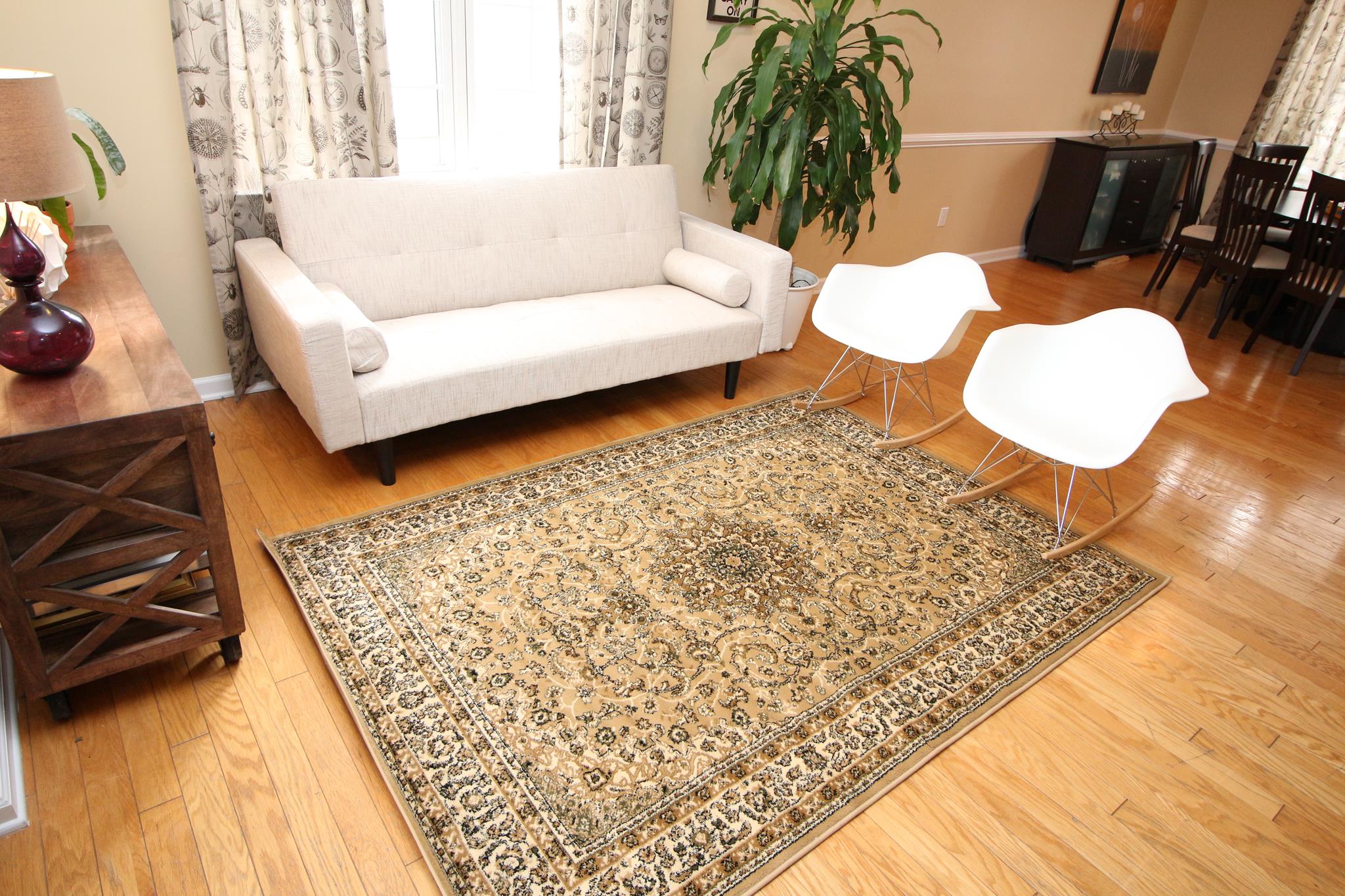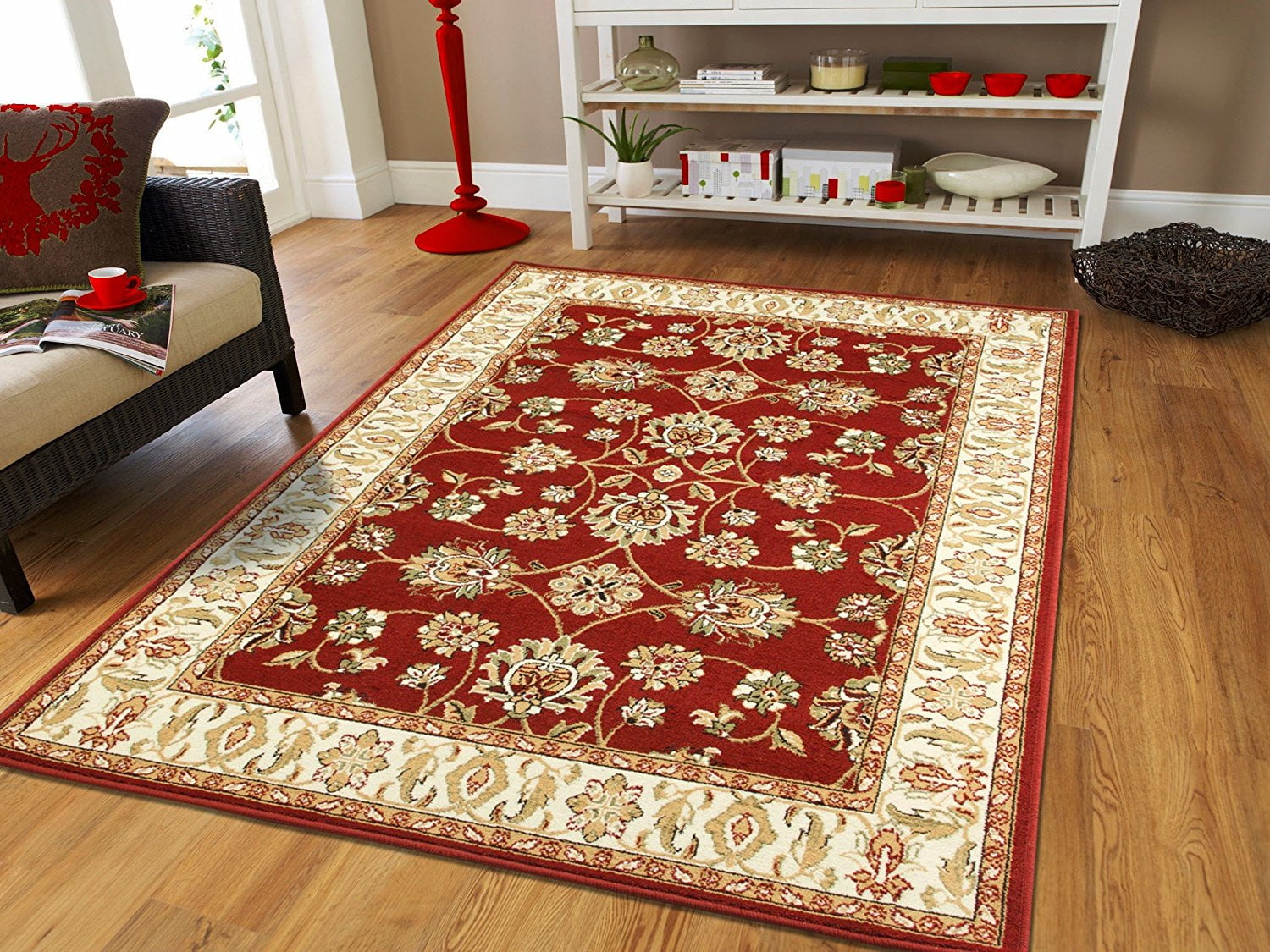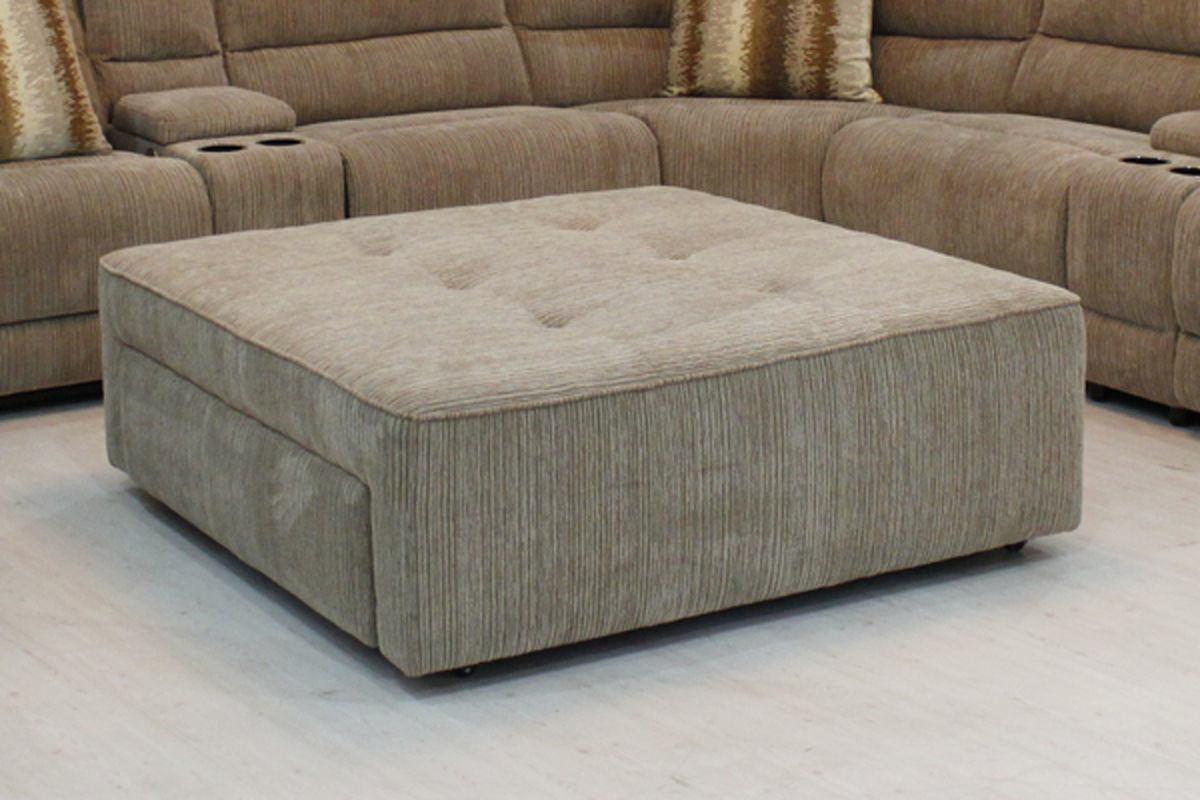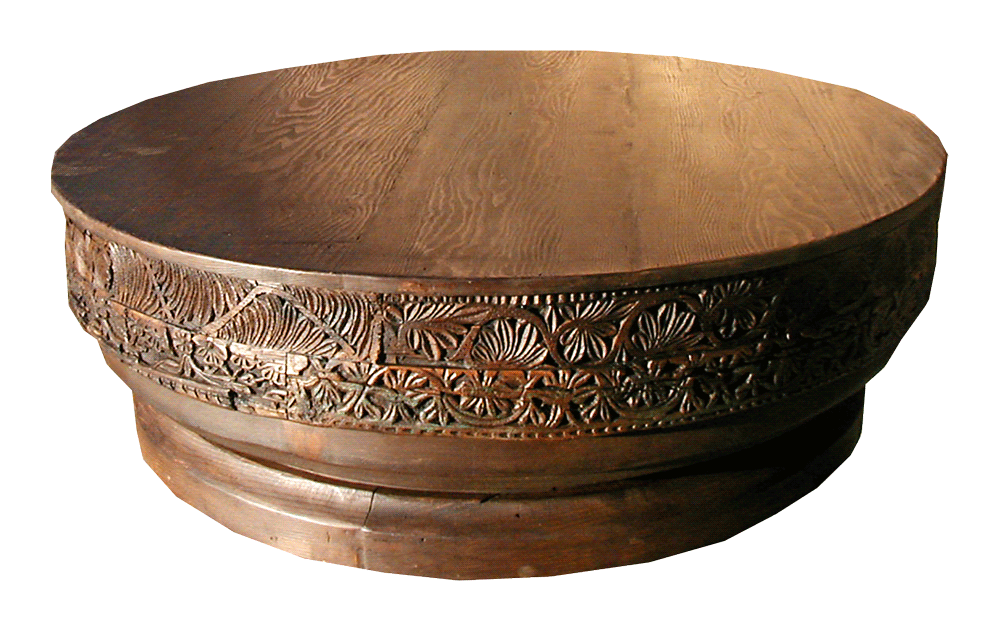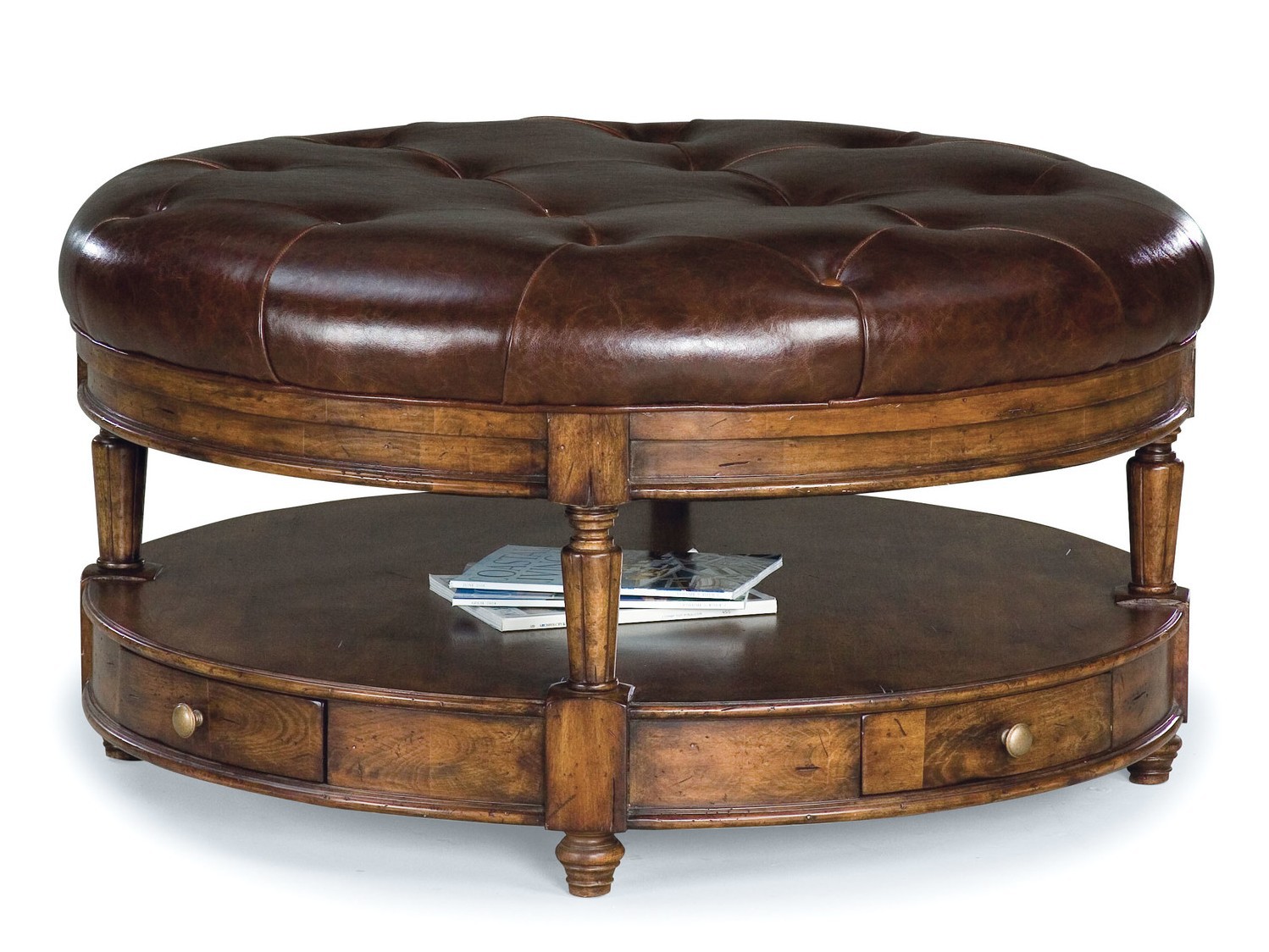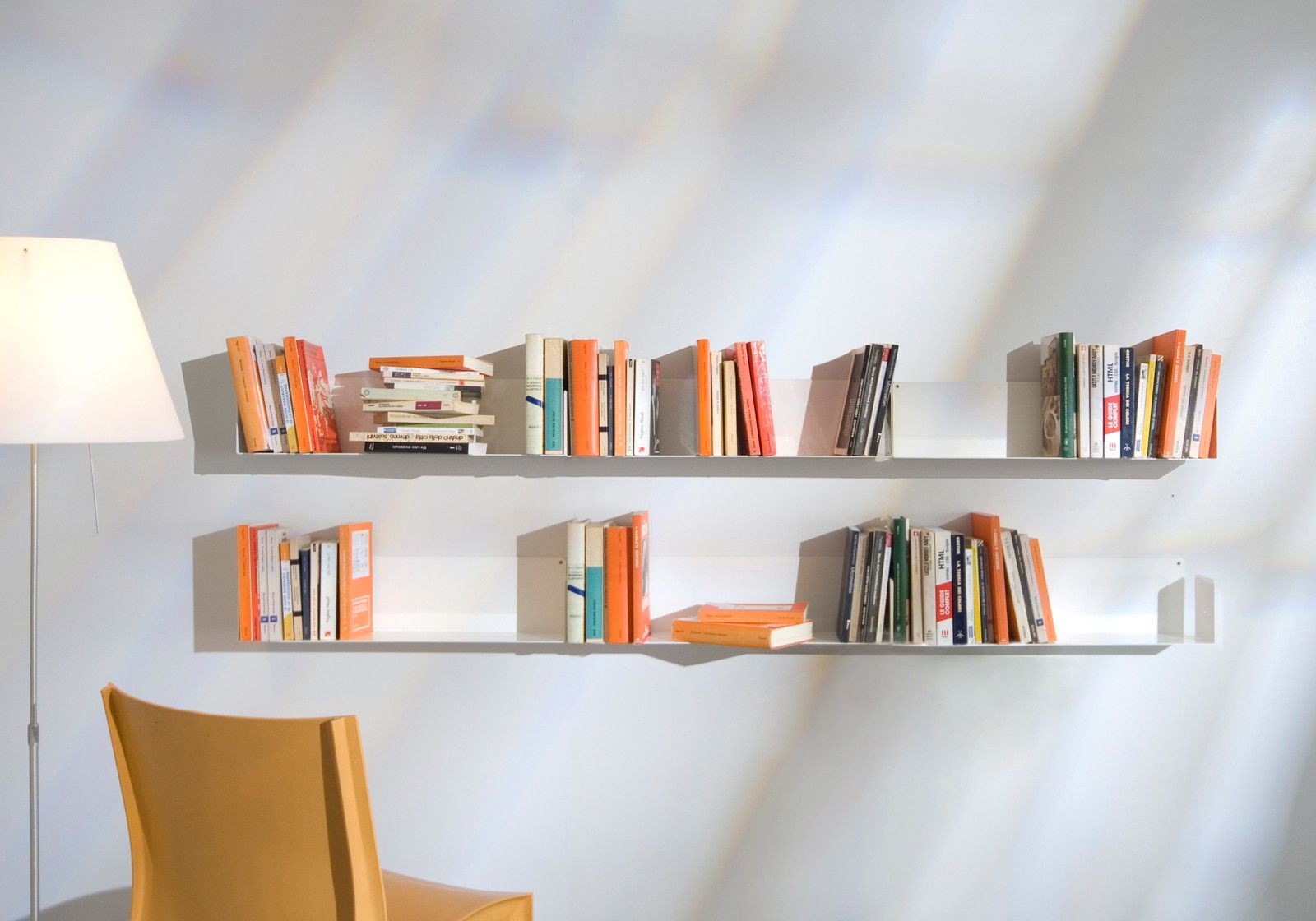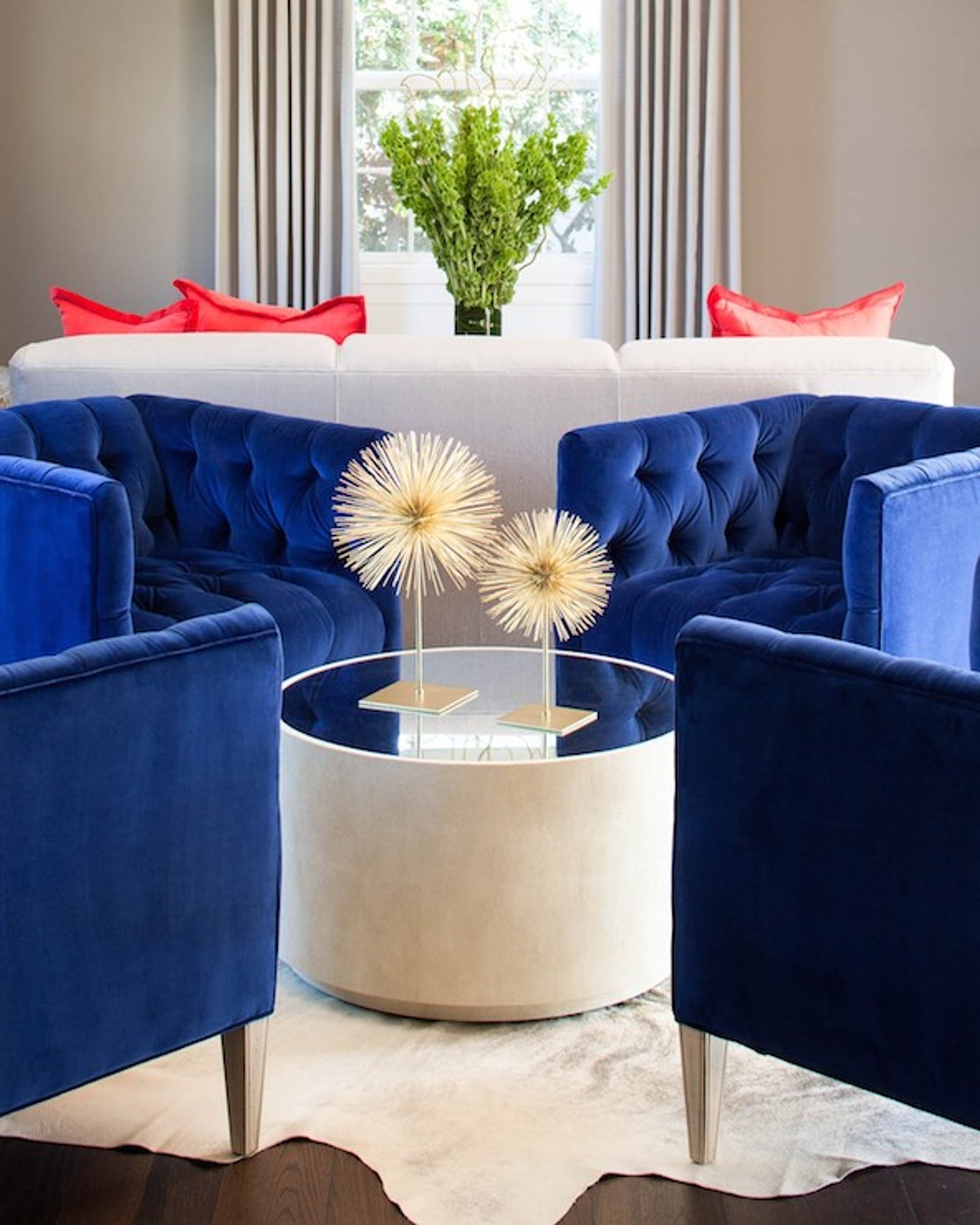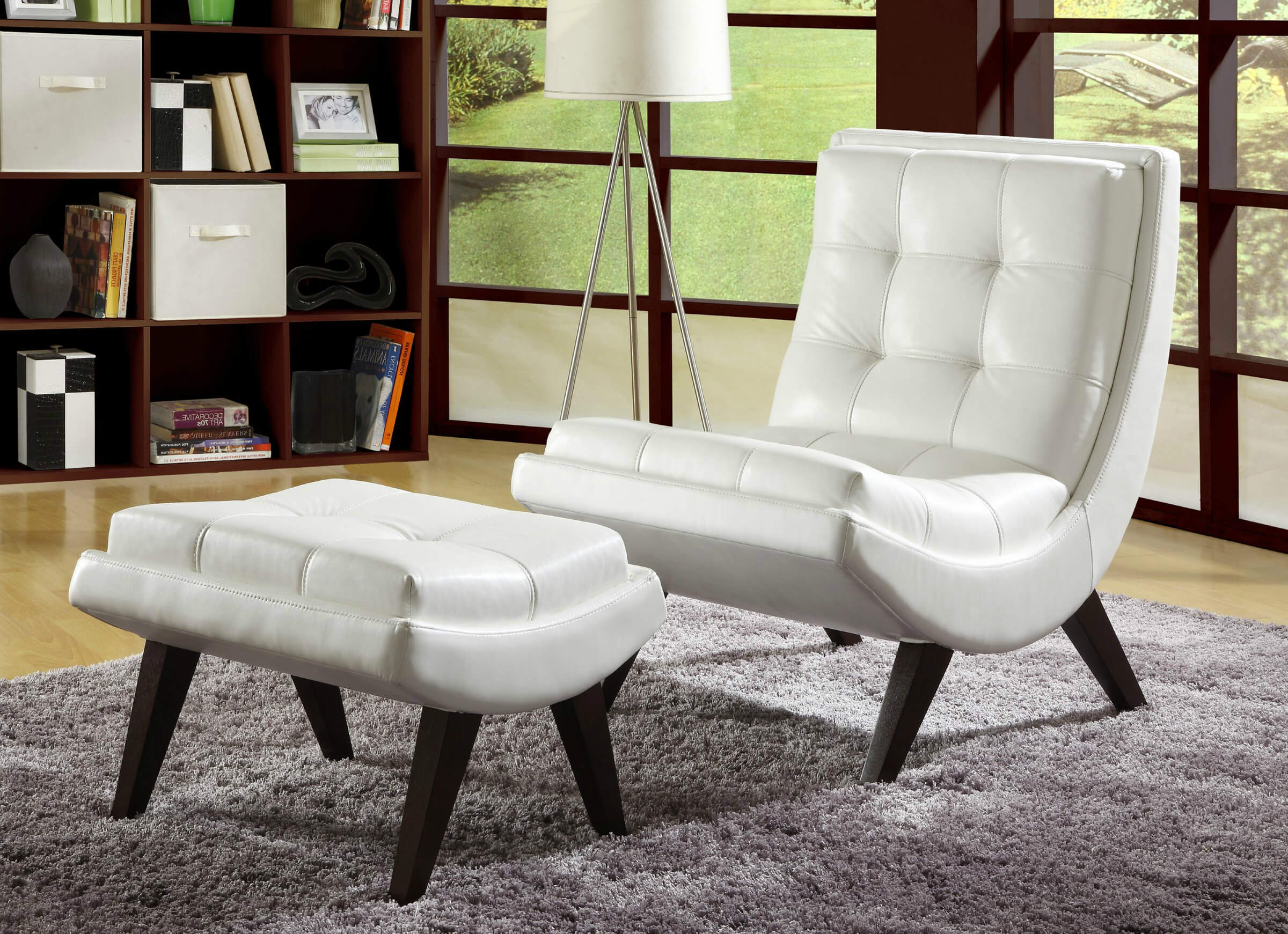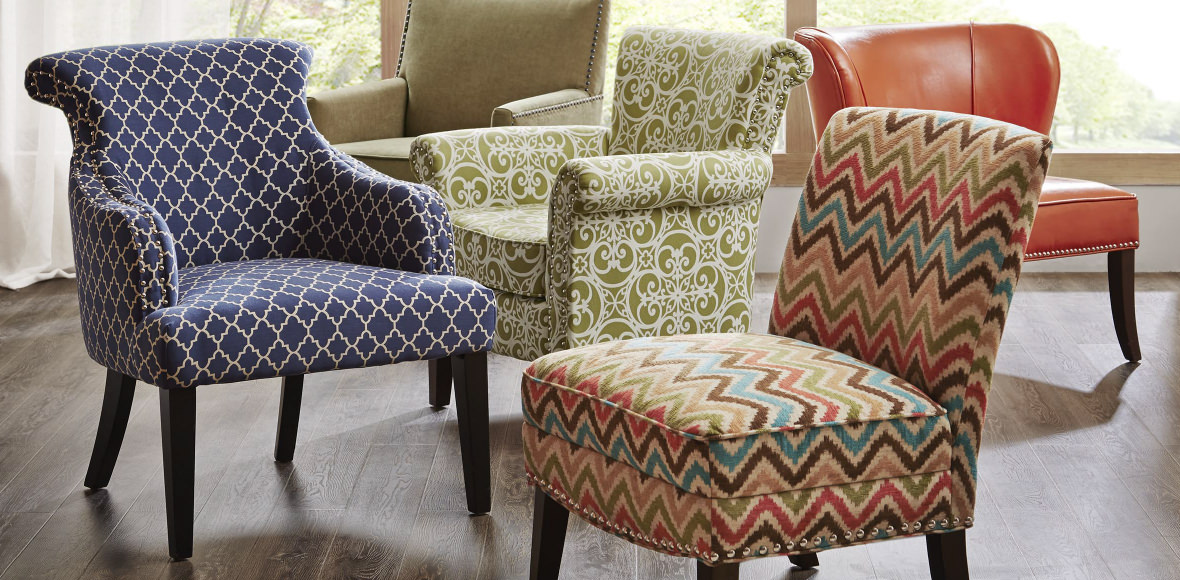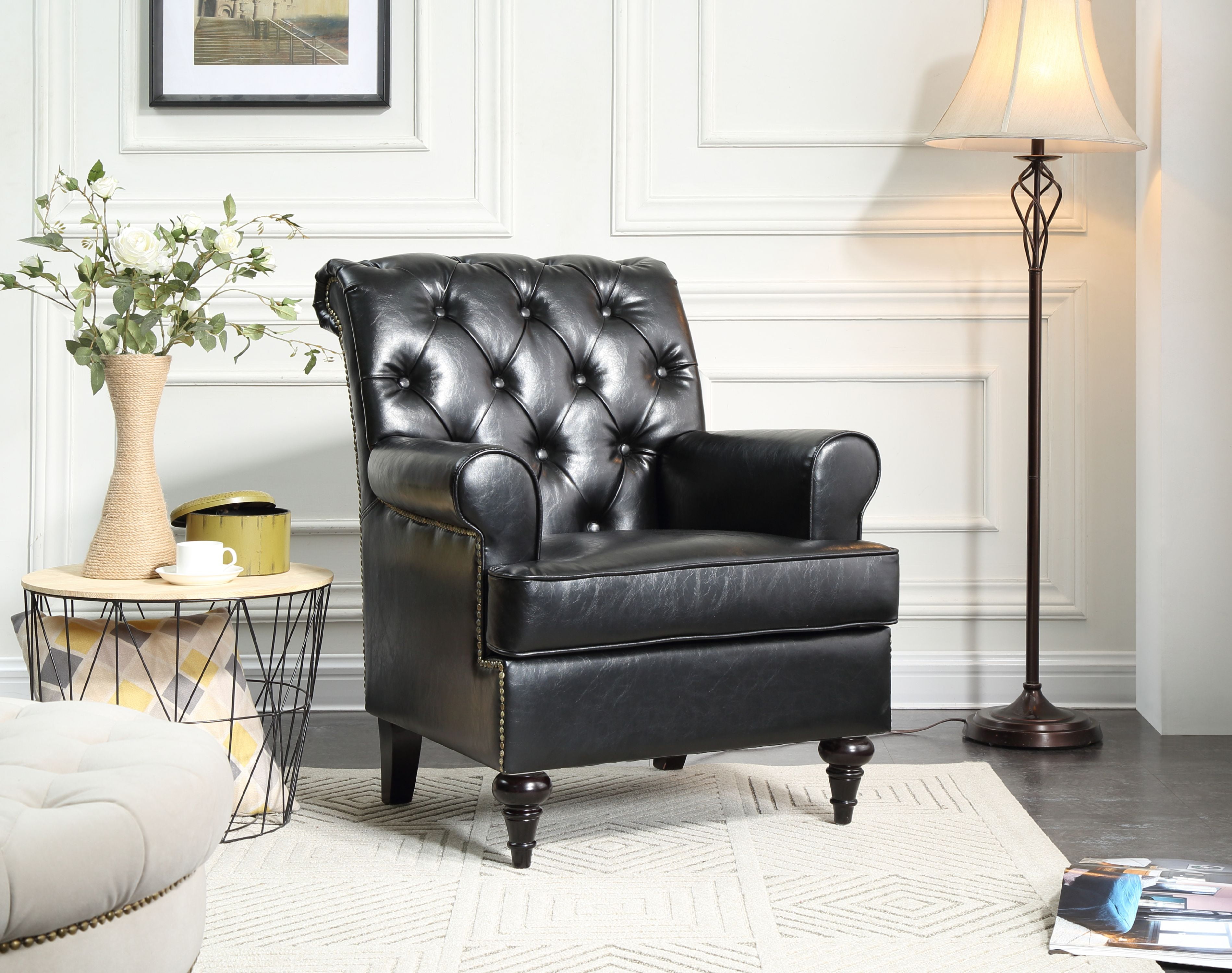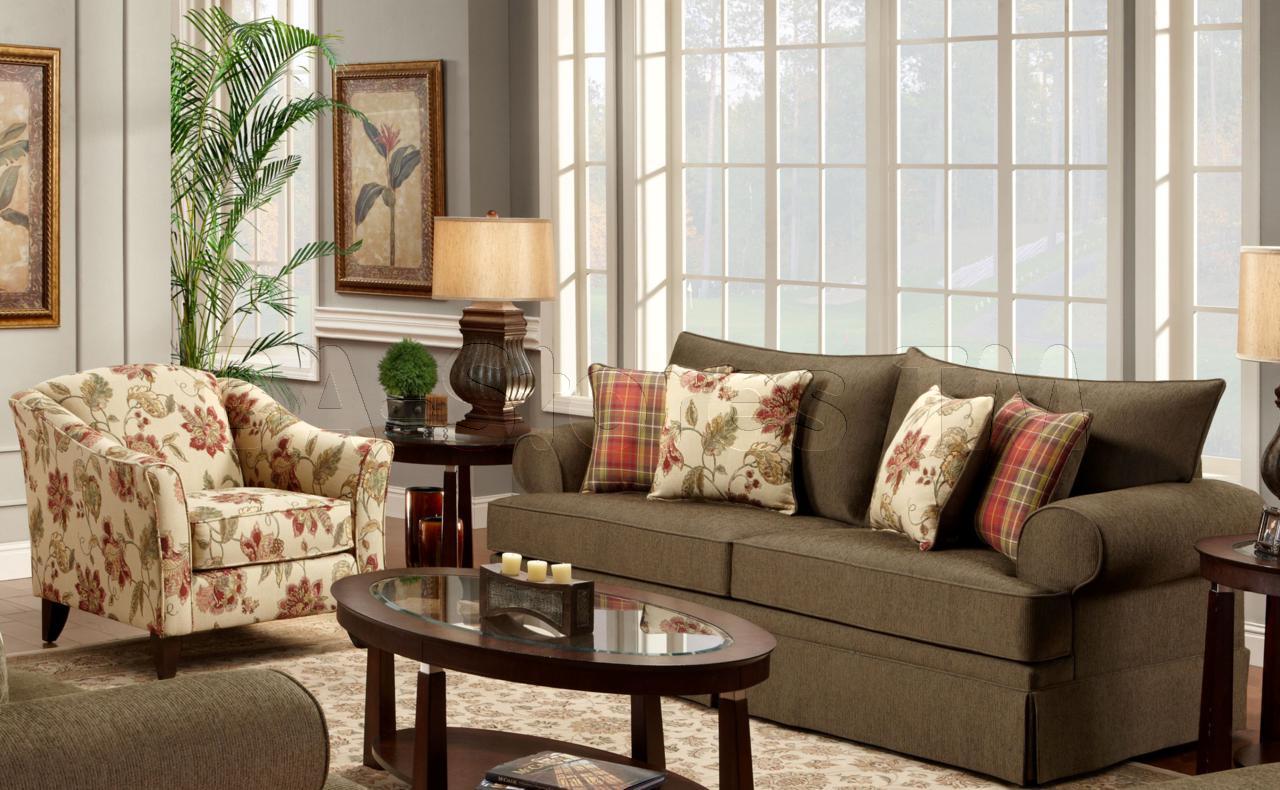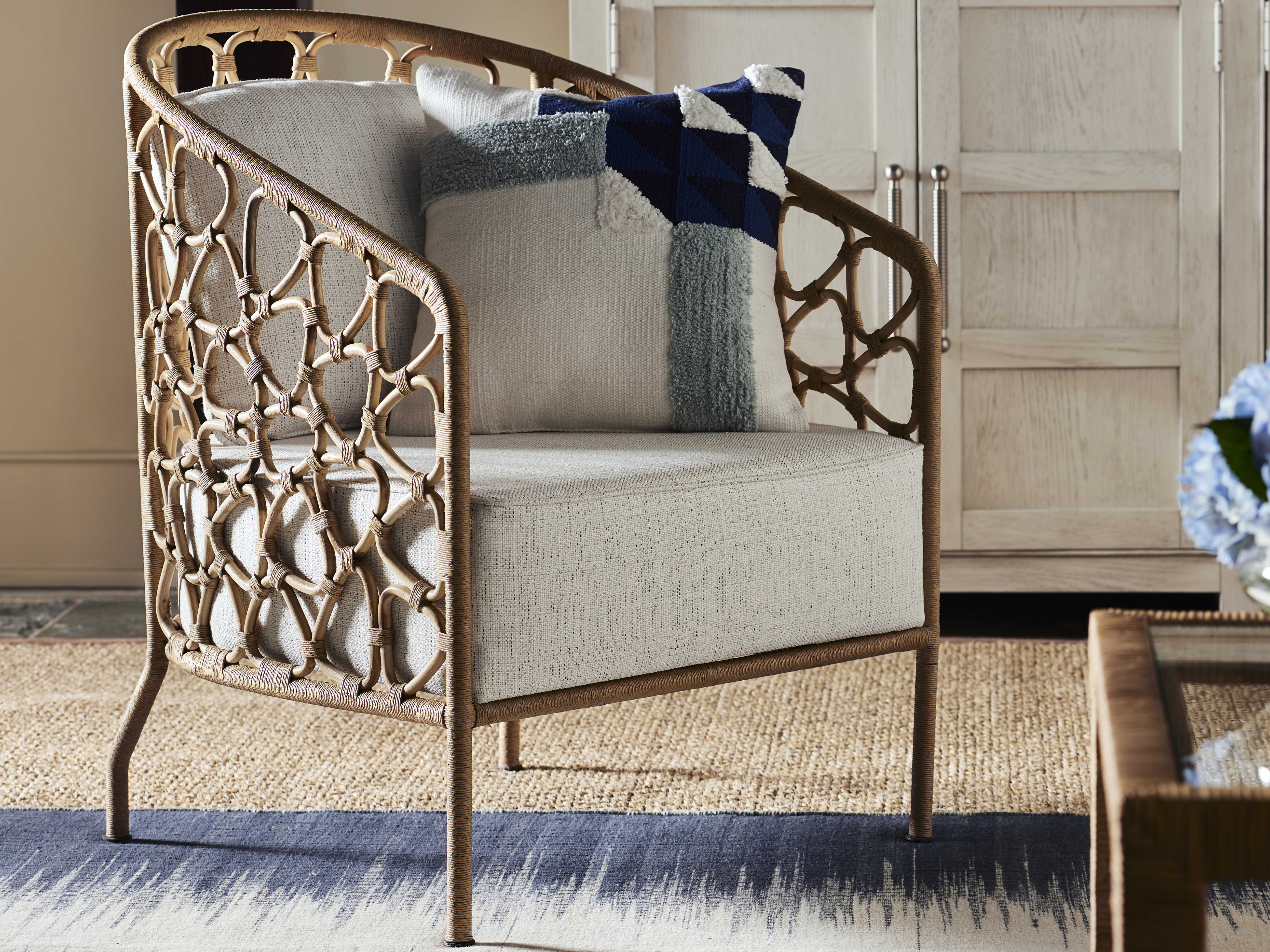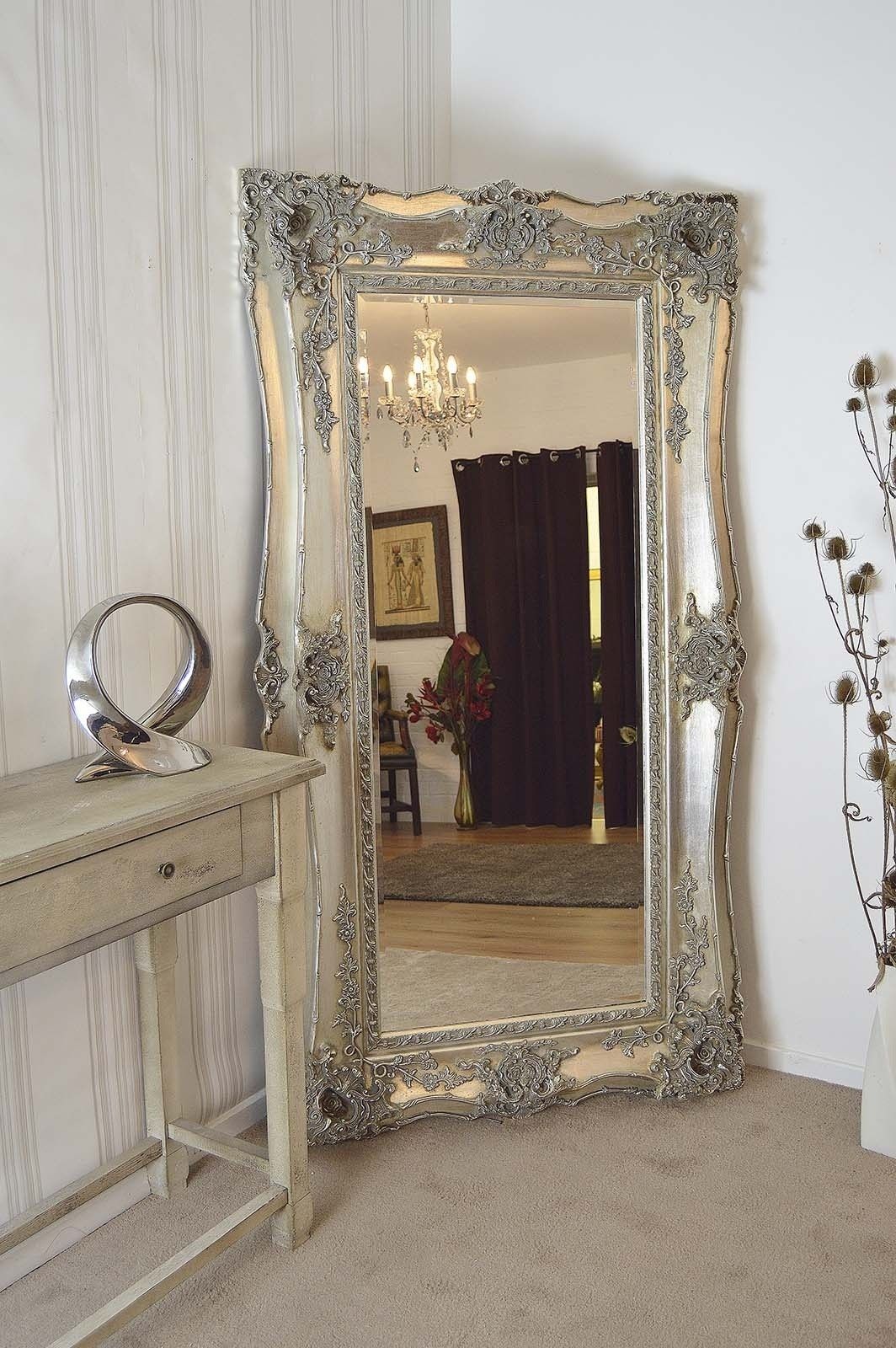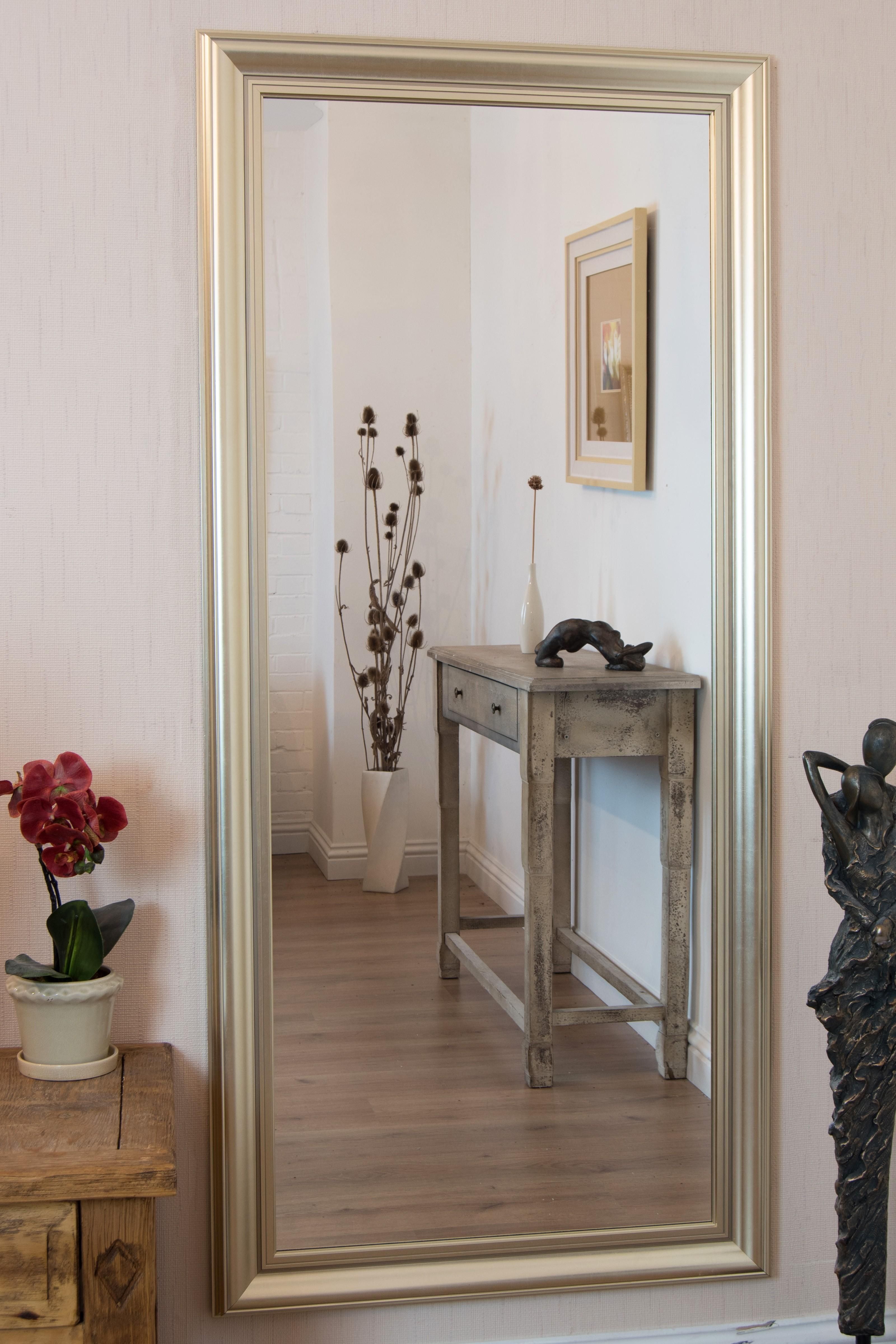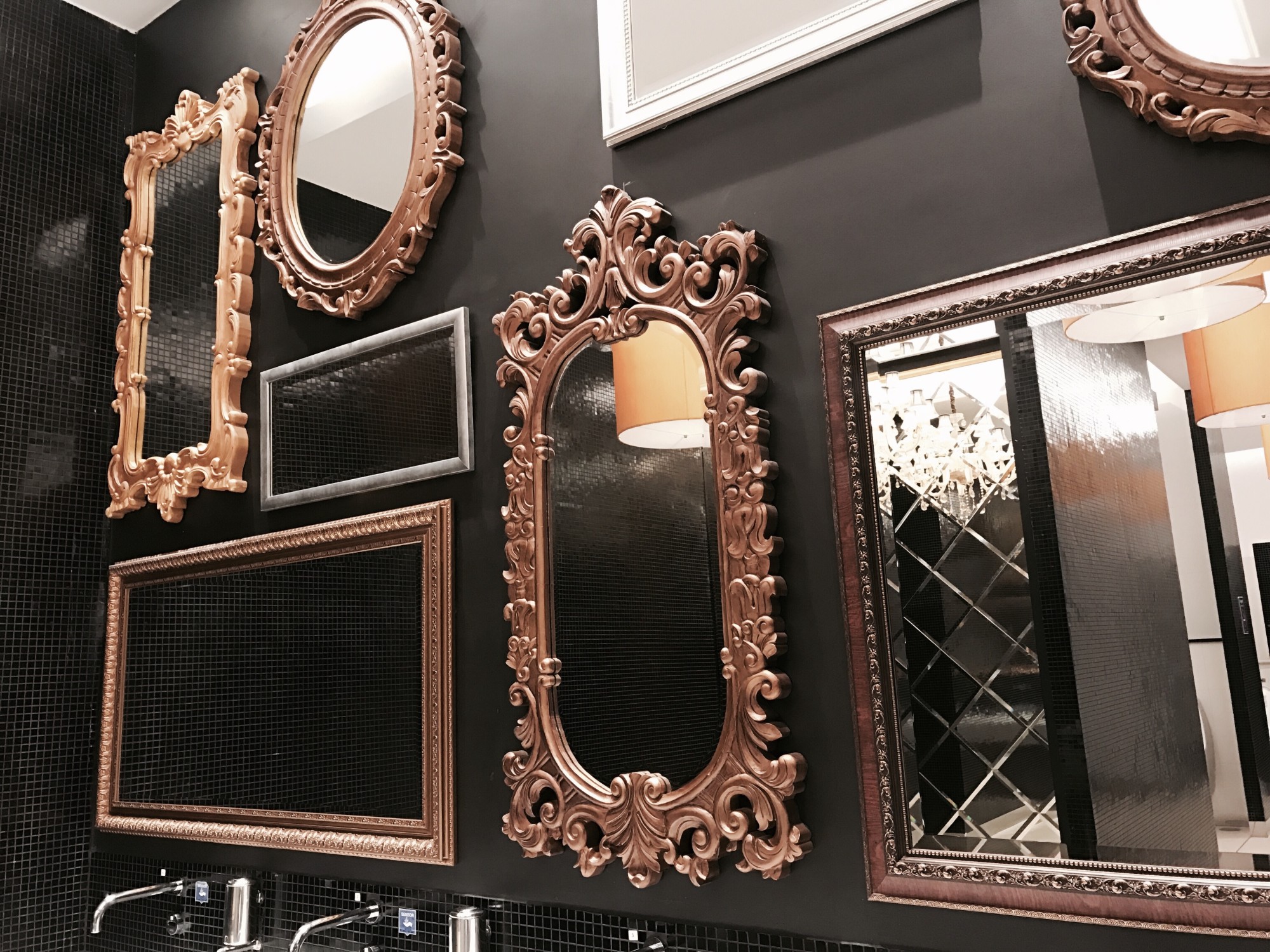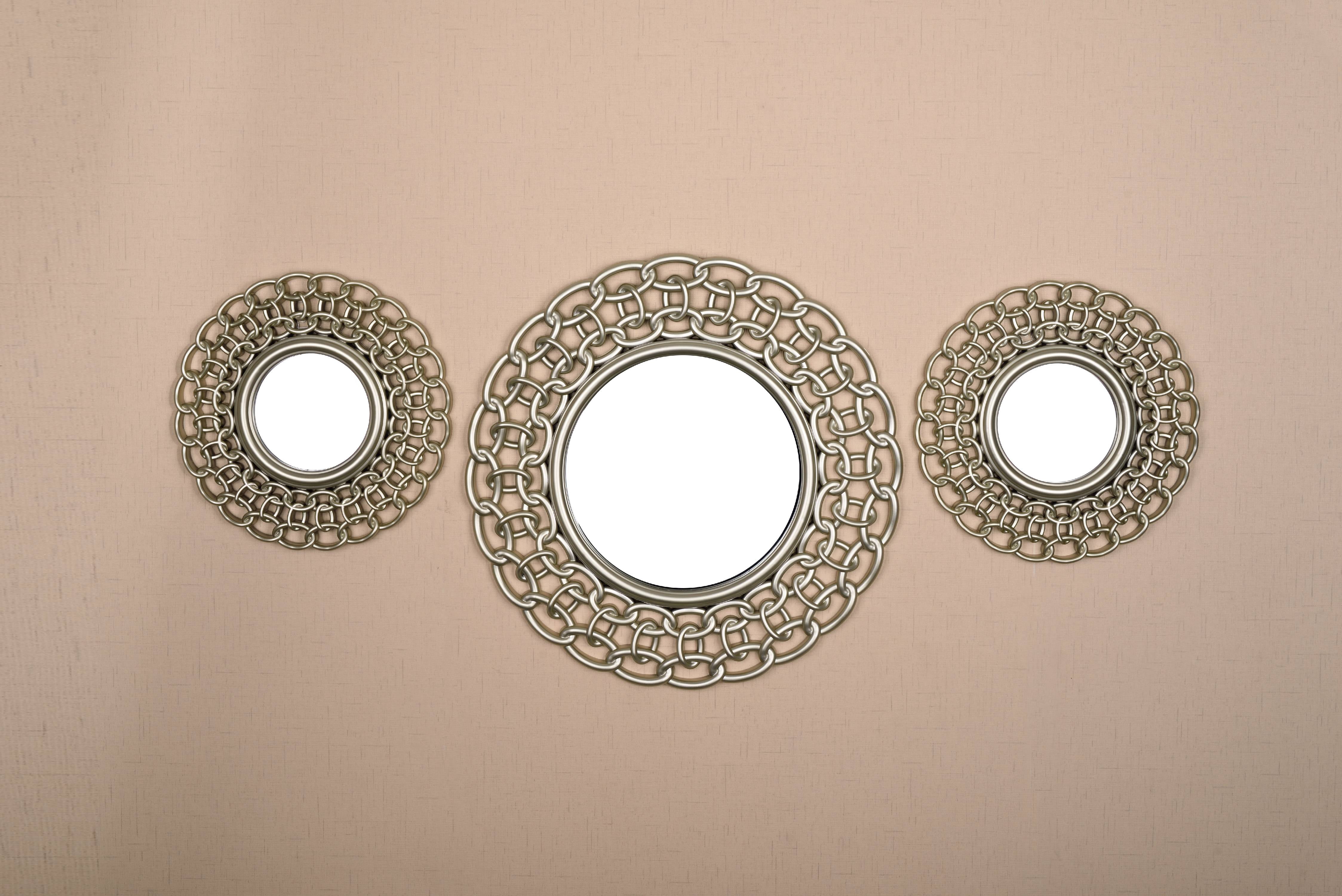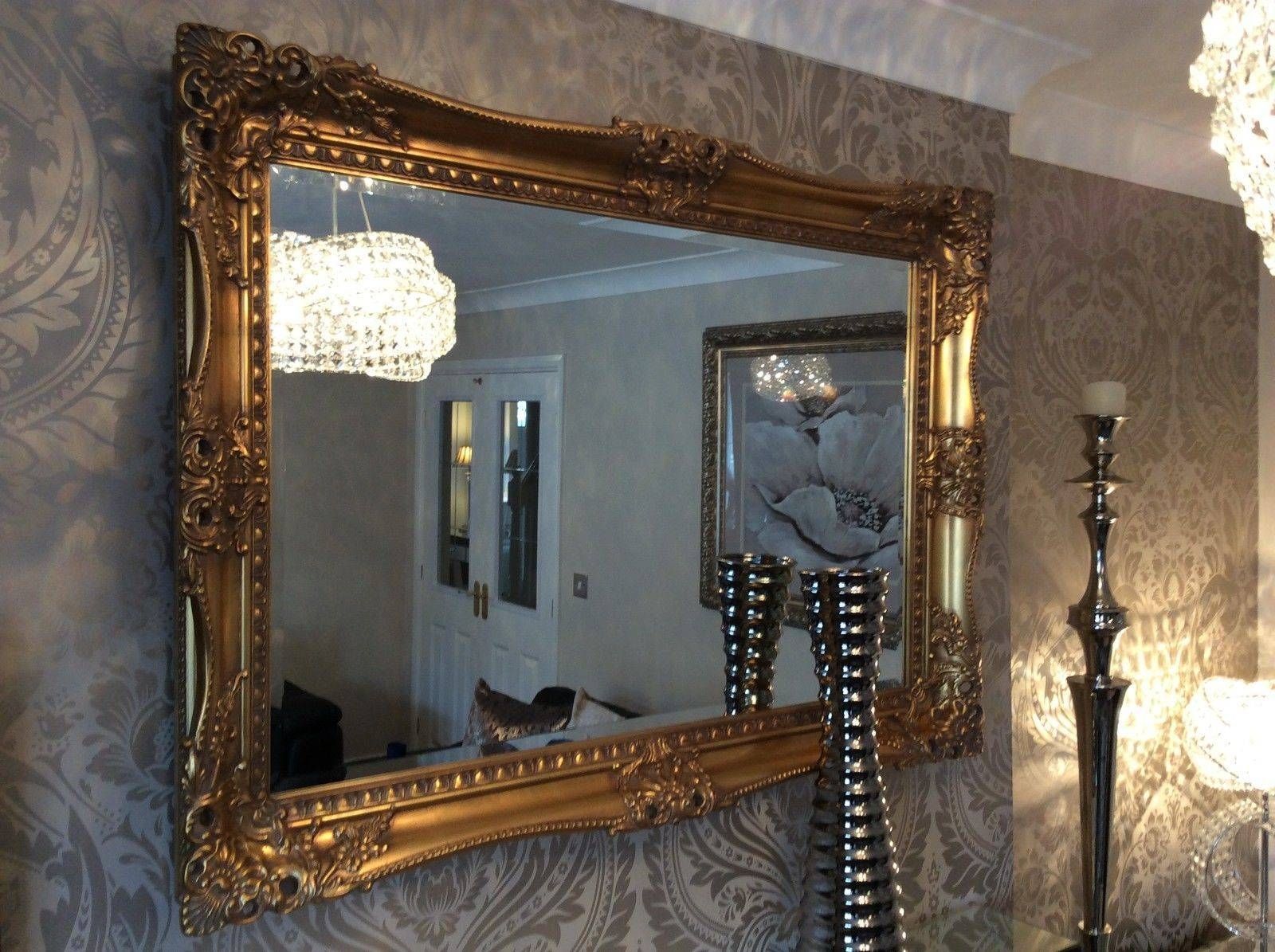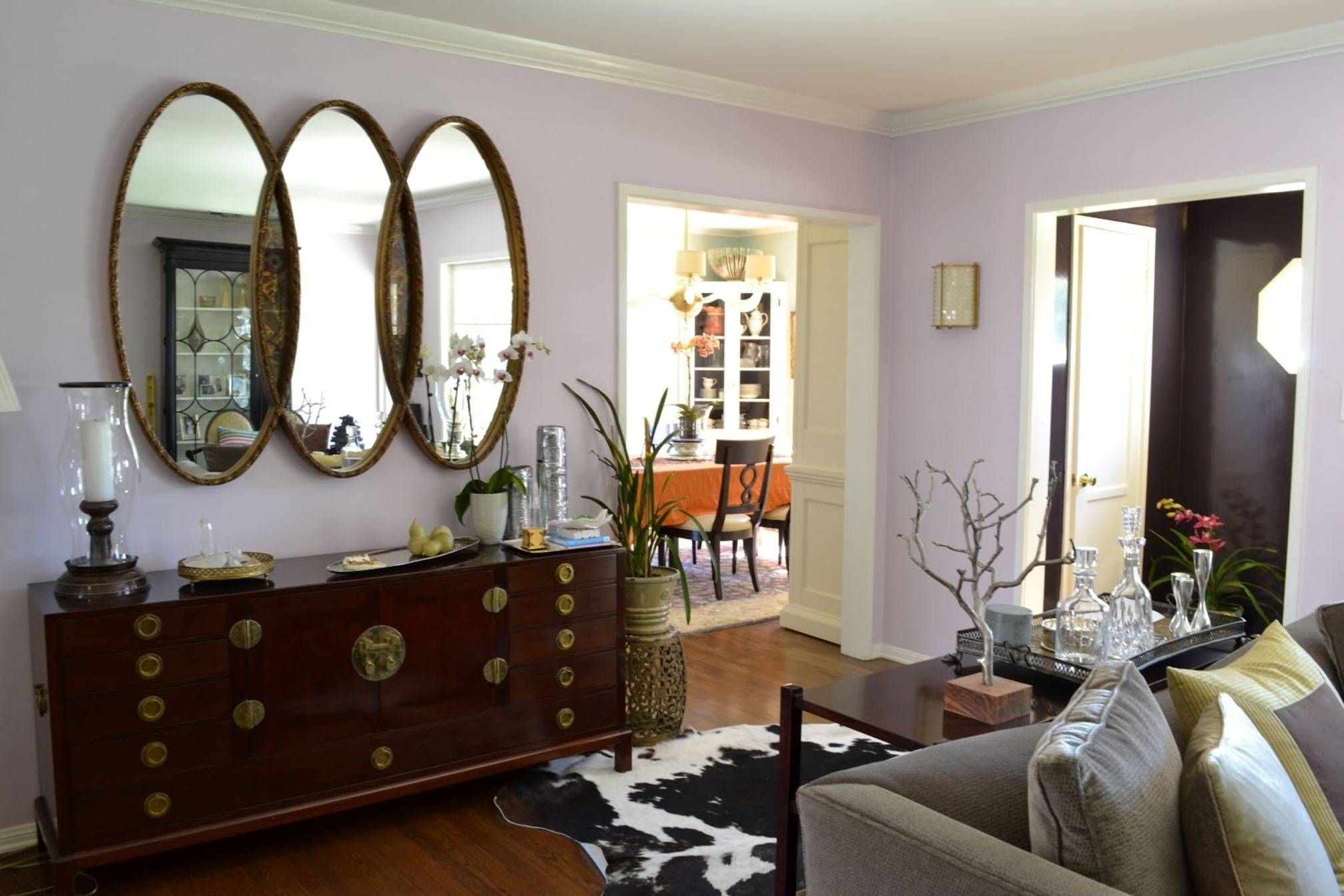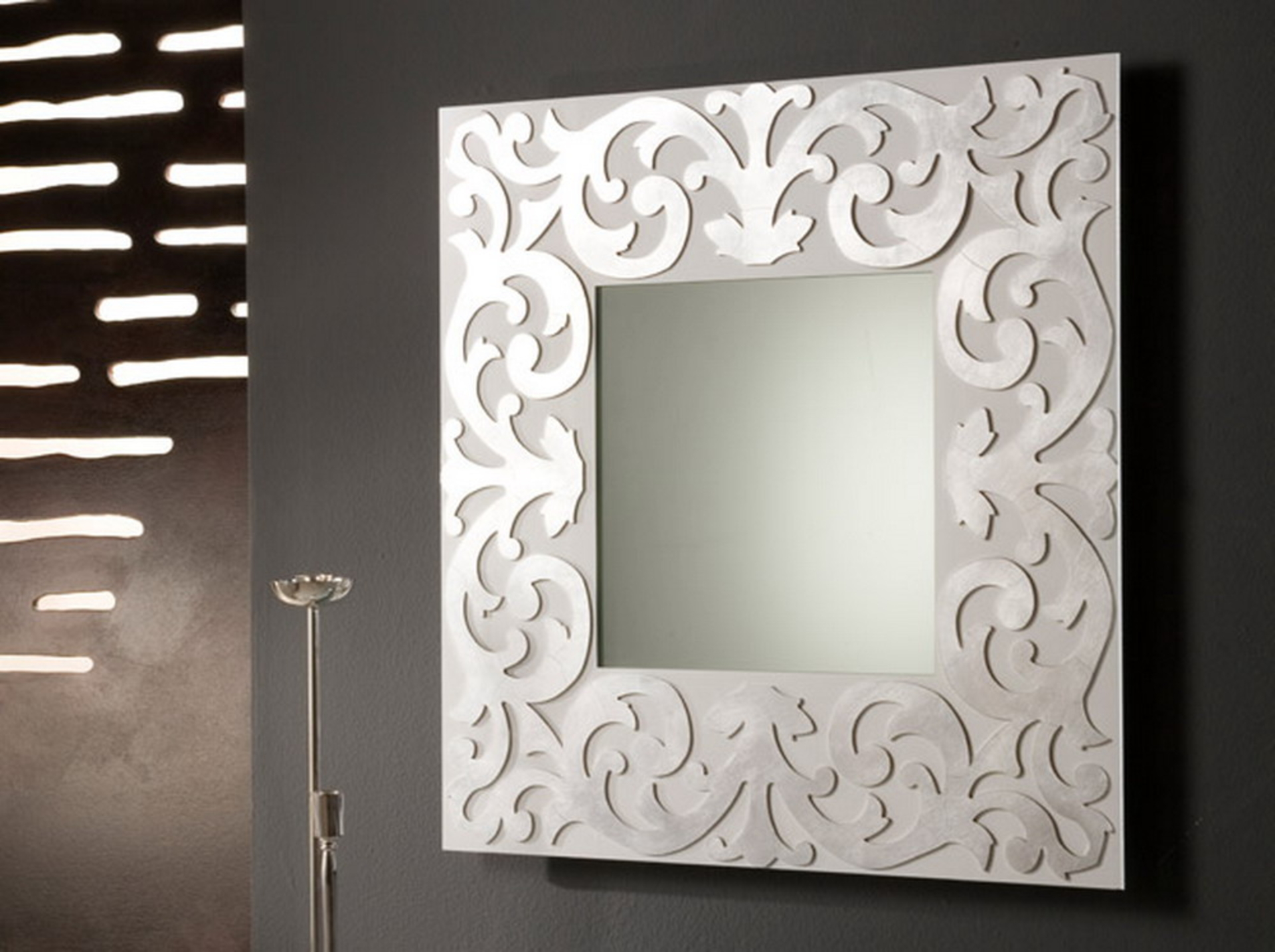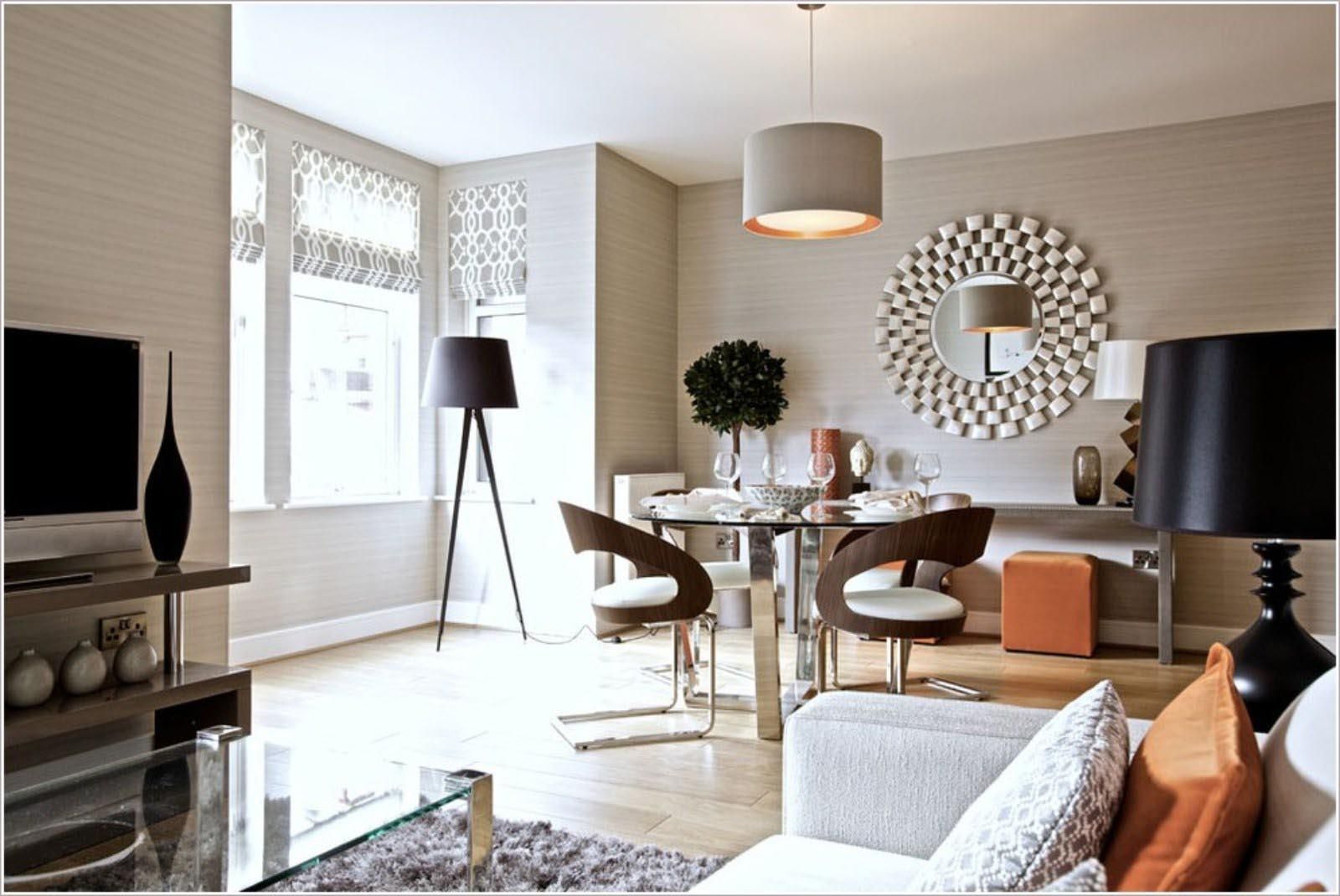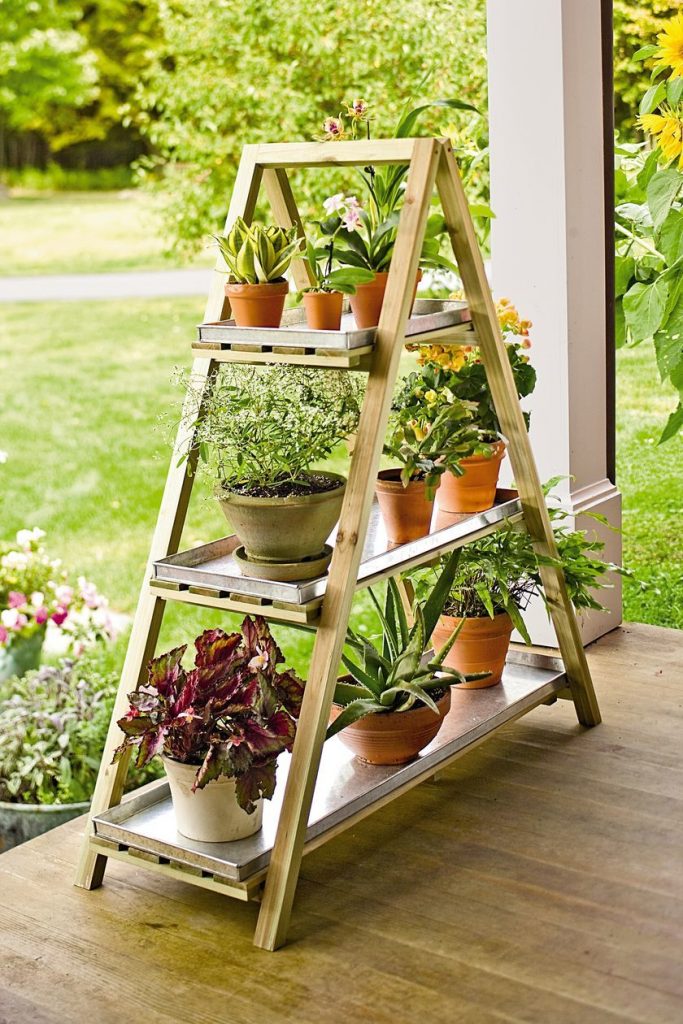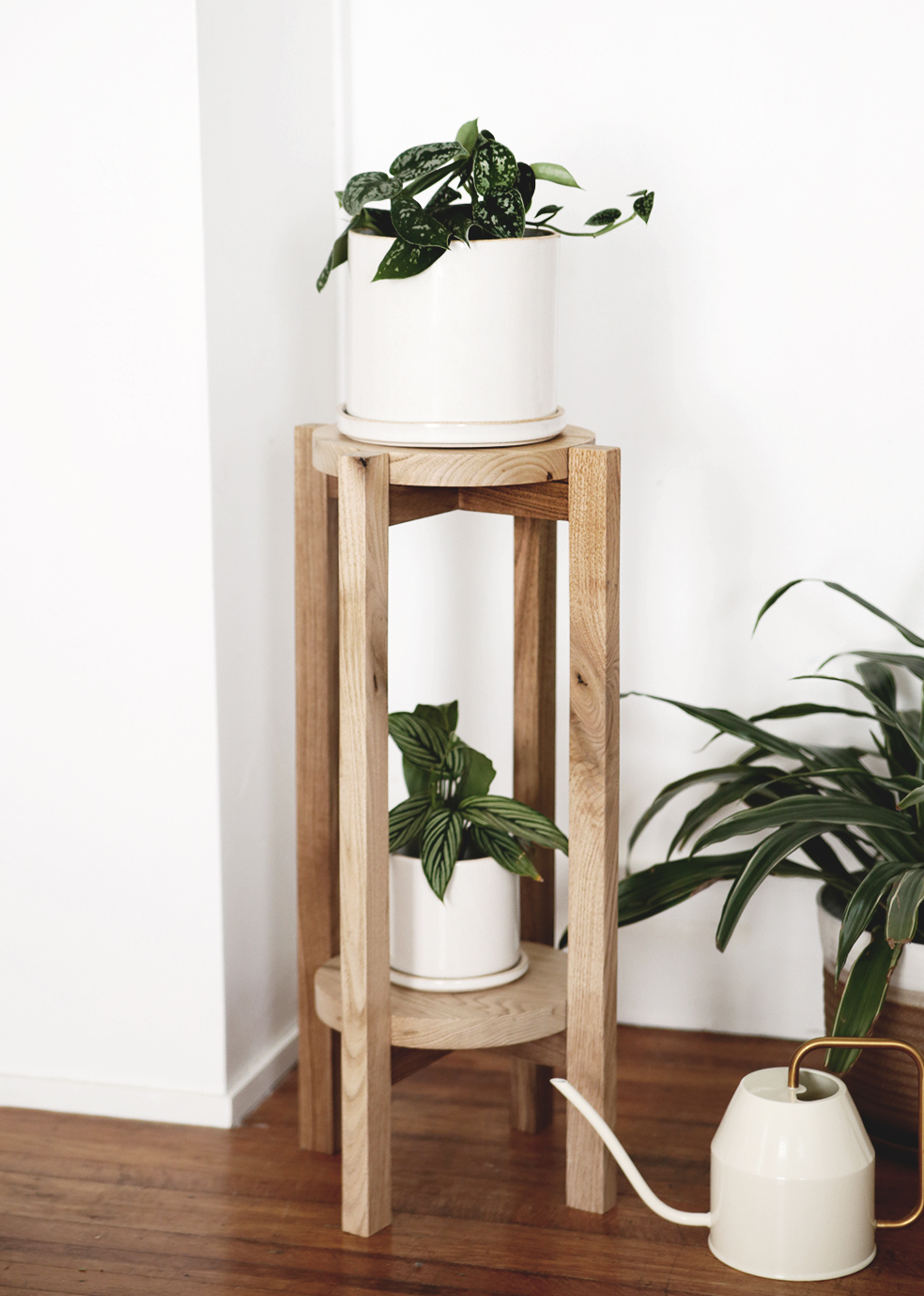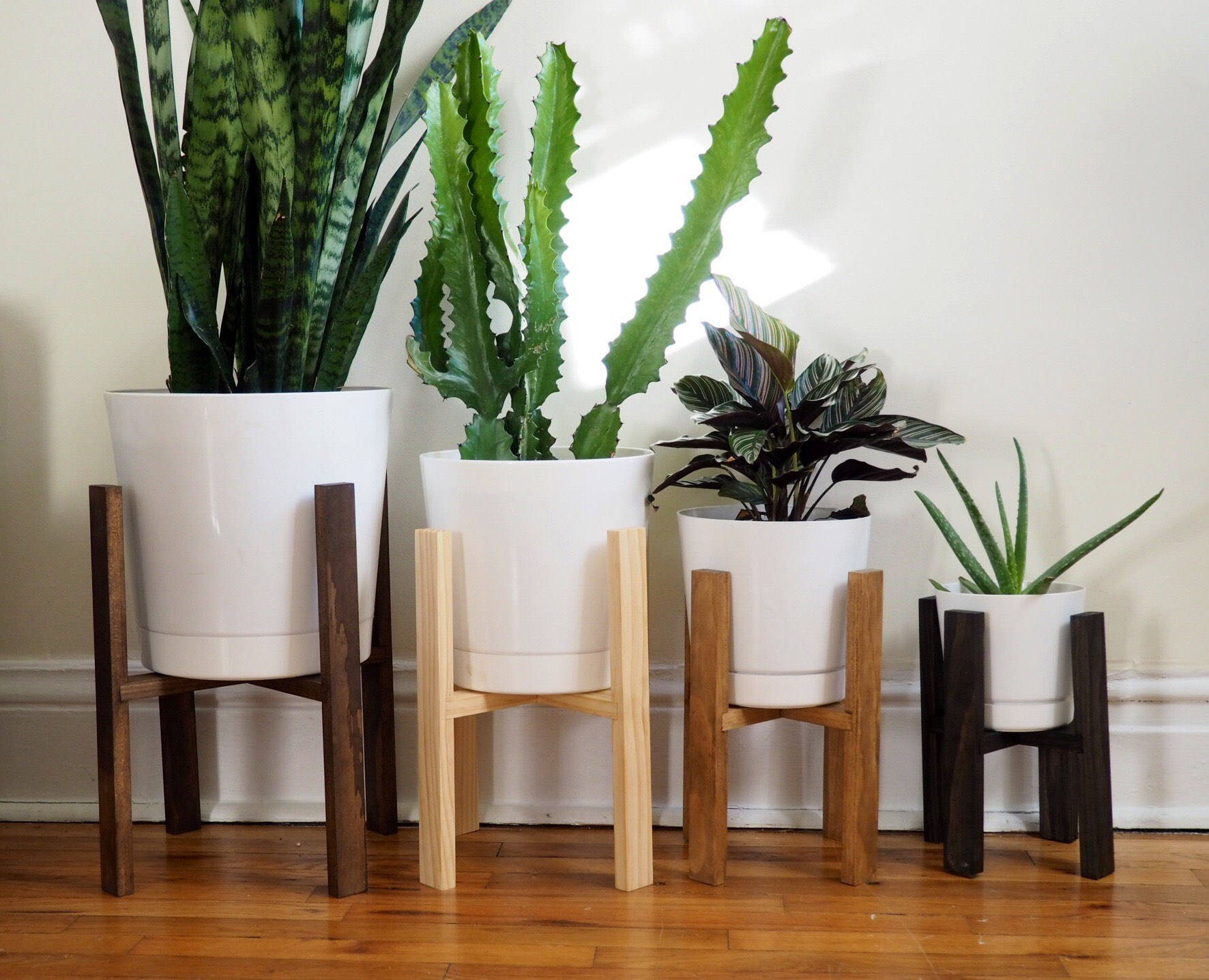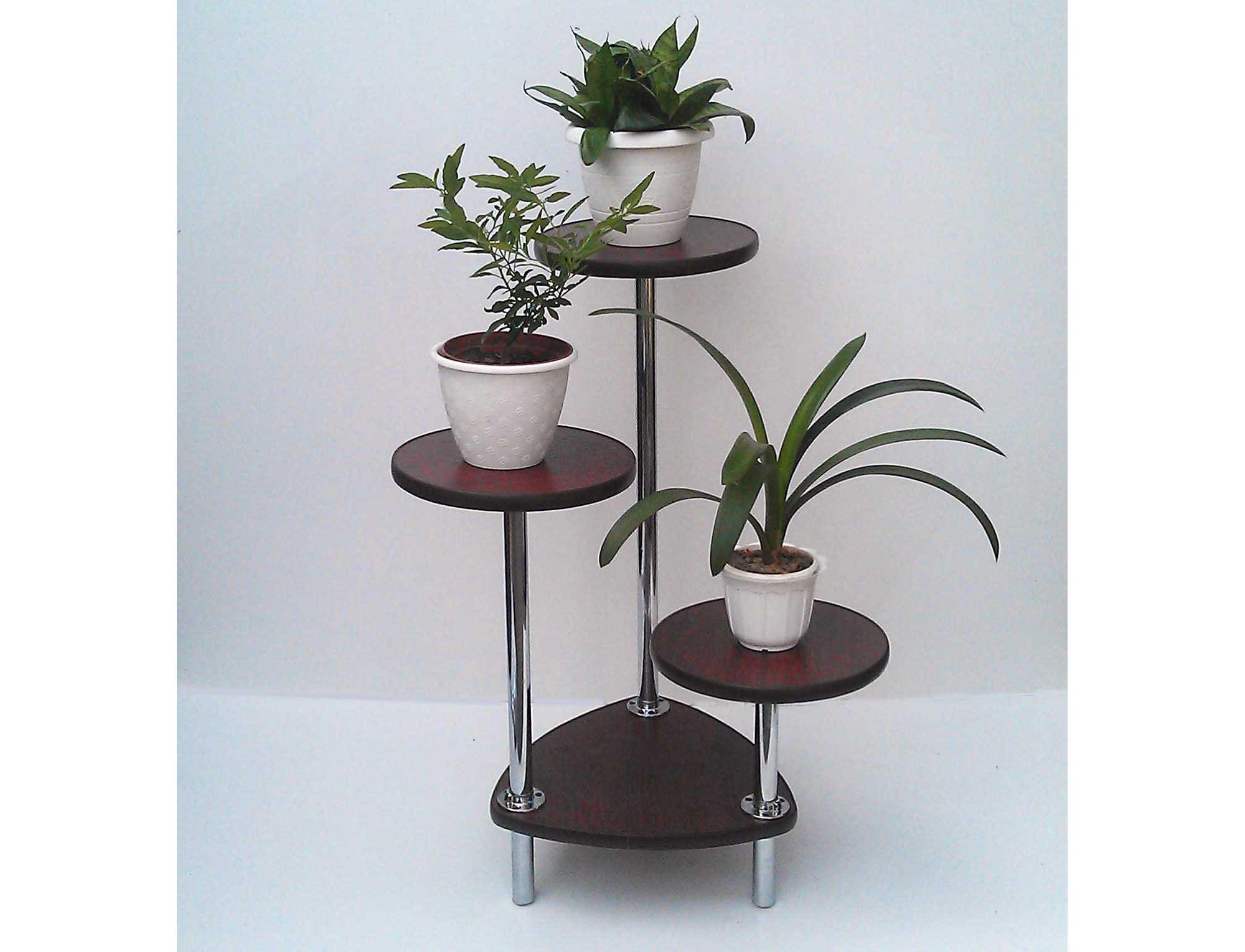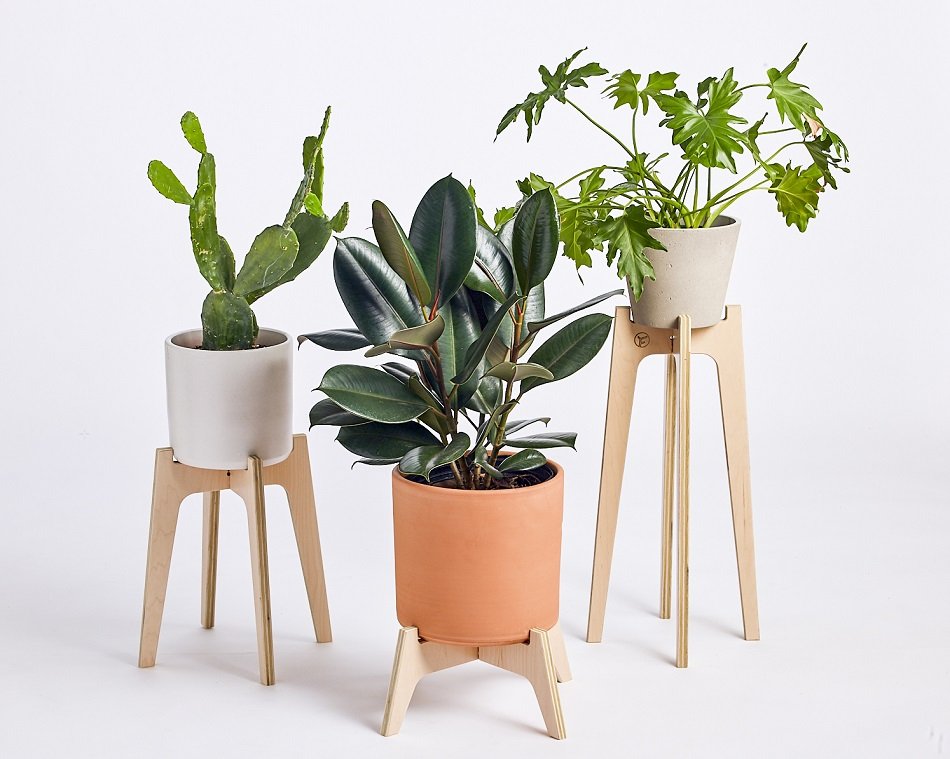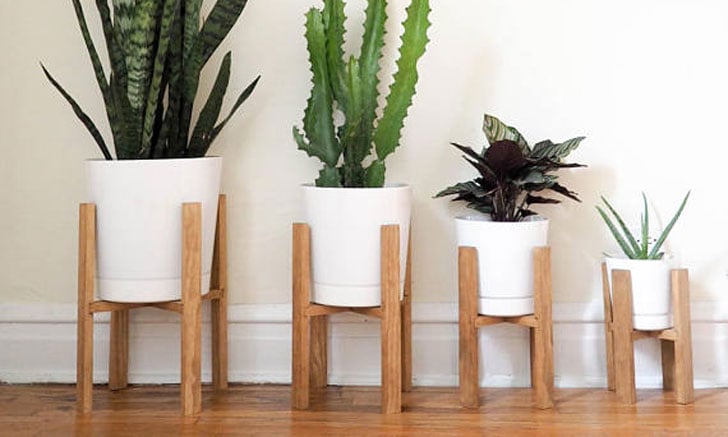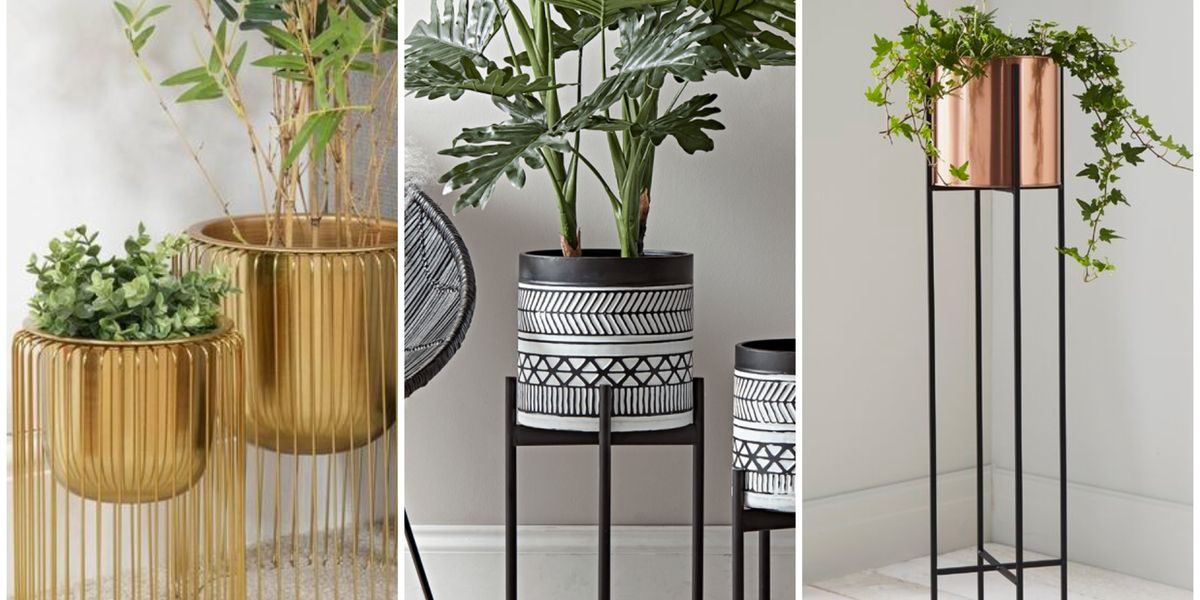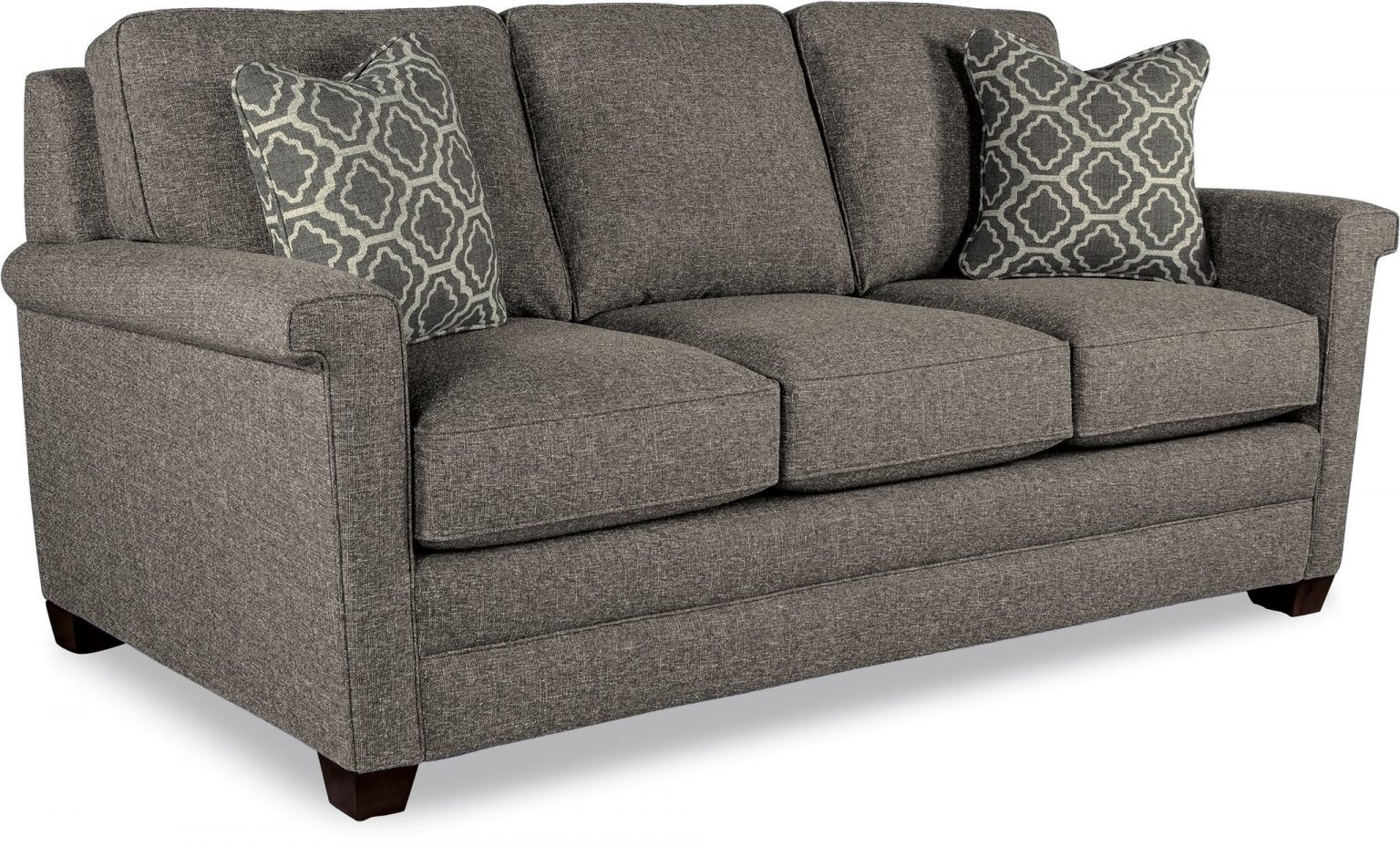If you have a large living room, you may find yourself with a lot of empty space that needs to be filled. An important aspect of filling this dead space is furniture arrangement. Strategically placing your furniture can make your living room feel more cozy and inviting, while also filling in any empty areas. Consider arranging your furniture in an L-shape or creating zones for different activities such as seating, reading, and TV viewing.Furniture Arrangement
Walls are often overlooked when it comes to filling dead space in a living room. However, they can be the perfect canvas for adding some personality and interest to your space. Hang a large statement piece such as a painting or tapestry to add visual interest and fill in a blank wall. You can also create a gallery wall with a mix of smaller pieces to cover a larger area.Wall Decor
When it comes to filling dead space in a living room, corner shelves are a great solution. These shelves not only fill in the empty corners, but they also provide extra storage and display space. You can use them to showcase your favorite books, plants, or decorative items.Corner Shelves
Another way to fill empty space in a living room is by incorporating floor lamps. These tall lamps not only provide extra lighting, but they also add visual interest to the room. Choose a statement floor lamp with a unique design or opt for a more subtle one that complements your existing decor.Floor Lamps
If you have a large living room with a lot of empty floor space, an area rug can help fill in the gaps. Not only do rugs add texture and warmth to a room, but they can also define different areas and create a cohesive look. Choose a rug that complements your furniture and ties the room together.Area Rugs
An ottoman is a versatile piece of furniture that can serve as a coffee table, extra seating, or a footrest. It's also a great way to fill in dead space in a living room. Choose an ottoman with storage to maximize its functionality and keep your living room clutter-free.Ottoman
If you have a lot of empty wall space in your living room, a bookshelf can be a great way to fill it in. Not only does it add visual interest, but it also provides much-needed storage for books, decorative items, and even baskets for extra storage. You can also use the top of the bookshelf to display plants or other decorative items.Bookshelf
Adding accent chairs to your living room is another way to fill in dead space and create extra seating. Choose chairs that complement your existing furniture and add a pop of color or texture to the room. You can also use them to create a cozy reading nook or a conversation area.Accent Chairs
Mirrors are not only functional but also great for filling in empty space in a living room. Hanging a large mirror on a blank wall can make the room feel more spacious and reflect natural light, making the room brighter. You can also use a group of smaller mirrors to create a statement wall.Mirrors
Plants are an excellent way to add life and fill in dead space in a living room. Invest in a variety of plant stands to create different levels and add visual interest. You can also mix and match different plant types and sizes to create a unique display that brings nature indoors.Plant Stands
How to Make the Most of Your Living Room Space by Filling Dead Areas

Transforming Your Living Room from Drab to Fab
 When it comes to designing your living room, it is important to utilize every inch of space to create a functional and aesthetically pleasing room. However, many homeowners struggle with filling dead space in their living room, leaving it feeling empty and unfinished. But fear not, there are plenty of ways to fill dead space in your living room and elevate the overall design of your home.
Assess the Dead Space
The first step in filling dead space in your living room is to identify where the dead areas are. Take a walk around your living room and look for any empty corners, awkward nooks, or neglected walls. These are all potential areas that can be transformed into functional and visually appealing spaces.
Use Multi-Functional Furniture
One of the easiest ways to fill dead space in your living room is by using multi-functional furniture. A storage ottoman can not only provide extra seating but also add storage space. A side table with built-in shelves can serve as a display area for books or decorative items. A sofa with a pull-out bed can turn an empty corner into a cozy guest area. These types of furniture not only fill dead space but also serve a practical purpose.
Add Plants for a Pop of Life
Plants are a great way to fill dead space in your living room while also adding a touch of nature and life to the room. Tall potted plants can be placed in empty corners or next to furniture to add dimension and interest to the space. Hanging plants can also be used to fill empty walls or create a vertical display in an awkward nook.
Utilize Wall Space
Another way to fill dead space in your living room is by utilizing the walls. Floating shelves can be installed to display books, photos, or decorative items. A gallery wall can be created to add personality and style to an empty wall. Mirrors can also be used to fill dead space while also creating the illusion of a larger room.
Don't Forget About Lighting
Lighting plays a crucial role in any room design, and it can also help fill dead space. A floor lamp can be placed in an empty corner to not only add light but also fill the space. Wall sconces can be used to add interest to a blank wall while also providing ambient lighting. Don't be afraid to get creative with lighting to fill those awkward and empty areas in your living room.
In conclusion, don't let dead space bring down the design of your living room. By following these tips and getting creative, you can fill those empty areas and transform your living room into a functional and stylish space. Remember to assess the dead space, use multi-functional furniture, add plants, utilize wall space, and incorporate lighting to make the most of your living room. With these tips, you can turn your living room from drab to fab in no time.
When it comes to designing your living room, it is important to utilize every inch of space to create a functional and aesthetically pleasing room. However, many homeowners struggle with filling dead space in their living room, leaving it feeling empty and unfinished. But fear not, there are plenty of ways to fill dead space in your living room and elevate the overall design of your home.
Assess the Dead Space
The first step in filling dead space in your living room is to identify where the dead areas are. Take a walk around your living room and look for any empty corners, awkward nooks, or neglected walls. These are all potential areas that can be transformed into functional and visually appealing spaces.
Use Multi-Functional Furniture
One of the easiest ways to fill dead space in your living room is by using multi-functional furniture. A storage ottoman can not only provide extra seating but also add storage space. A side table with built-in shelves can serve as a display area for books or decorative items. A sofa with a pull-out bed can turn an empty corner into a cozy guest area. These types of furniture not only fill dead space but also serve a practical purpose.
Add Plants for a Pop of Life
Plants are a great way to fill dead space in your living room while also adding a touch of nature and life to the room. Tall potted plants can be placed in empty corners or next to furniture to add dimension and interest to the space. Hanging plants can also be used to fill empty walls or create a vertical display in an awkward nook.
Utilize Wall Space
Another way to fill dead space in your living room is by utilizing the walls. Floating shelves can be installed to display books, photos, or decorative items. A gallery wall can be created to add personality and style to an empty wall. Mirrors can also be used to fill dead space while also creating the illusion of a larger room.
Don't Forget About Lighting
Lighting plays a crucial role in any room design, and it can also help fill dead space. A floor lamp can be placed in an empty corner to not only add light but also fill the space. Wall sconces can be used to add interest to a blank wall while also providing ambient lighting. Don't be afraid to get creative with lighting to fill those awkward and empty areas in your living room.
In conclusion, don't let dead space bring down the design of your living room. By following these tips and getting creative, you can fill those empty areas and transform your living room into a functional and stylish space. Remember to assess the dead space, use multi-functional furniture, add plants, utilize wall space, and incorporate lighting to make the most of your living room. With these tips, you can turn your living room from drab to fab in no time.
Convert the Article to HTML Code:

How to Make the Most of Your Living Room Space by Filling Dead Areas

Transforming Your Living Room from Drab to Fab
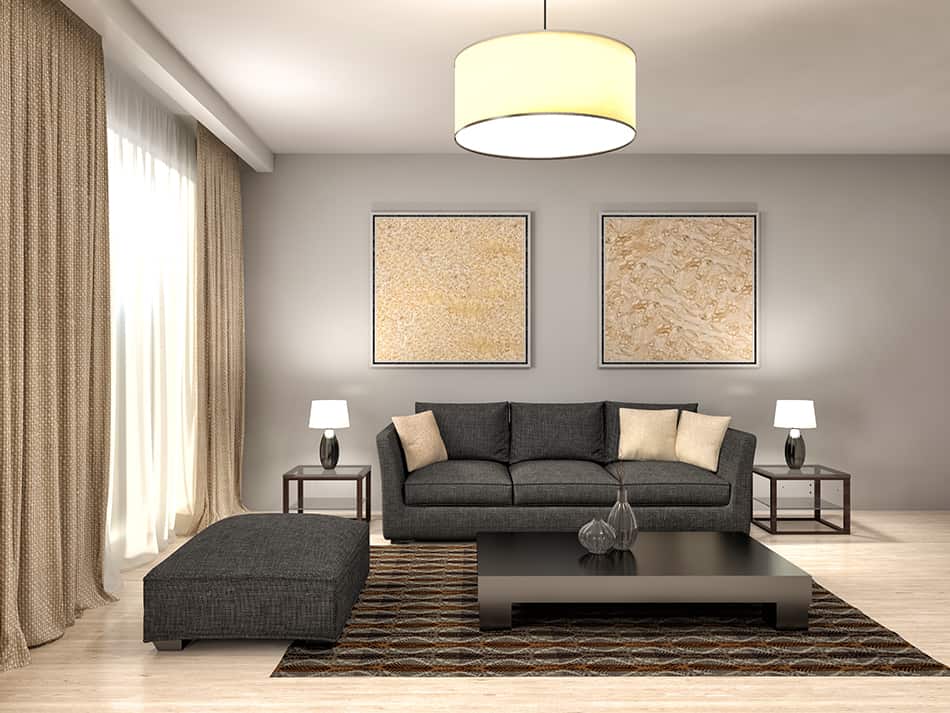
When it comes to designing your living room, it is important to utilize every inch of space to create a functional and aesthetically pleasing room. However, many homeowners struggle with filling dead space in their living room, leaving it feeling empty and unfinished. But fear not, there are plenty of ways to fill dead space in your living room and elevate the overall design of your home.
Assess the Dead Space
The first step in filling dead space in your living room is to identify where the dead areas are. Take a walk around your living room and look for any empty corners, awkward nooks, or neglected walls. These are all potential areas that can be transformed into functional and visually appealing spaces.
Use Multi-Functional Furniture
One of the easiest ways to fill dead space in your living room is by using multi-functional furniture. A storage ottoman can not only provide extra seating but also add storage space. A side table with built-in shelves can serve as a display area for books or decorative items. A sofa with a pull-out bed can turn an empty corner into a cozy guest area. These types of furniture not only fill dead space but also serve a practical purpose.
Add Plants for a Pop of Life
Plants are a great way to fill dead space in your living room while also adding a touch of nature and life to the room. Tall potted plants can be placed in empty corners or next to furniture to add

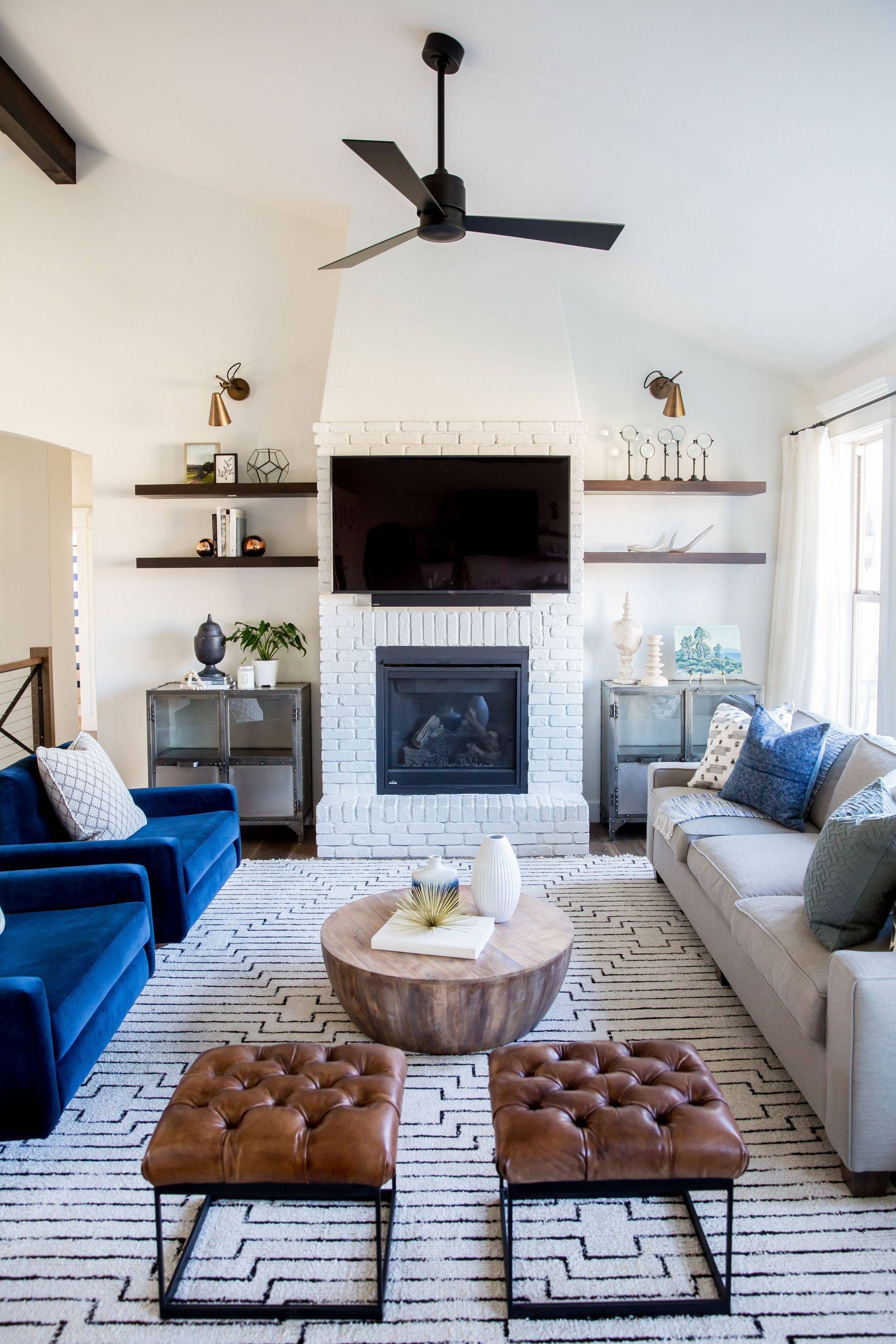


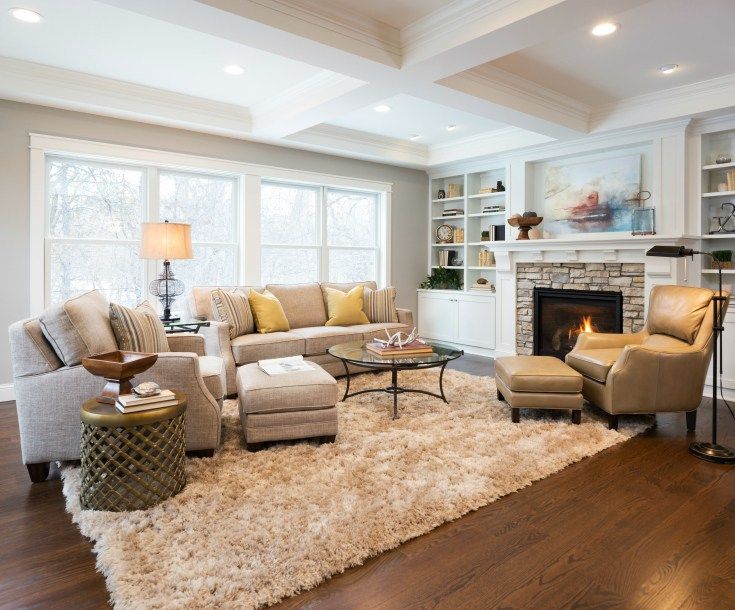

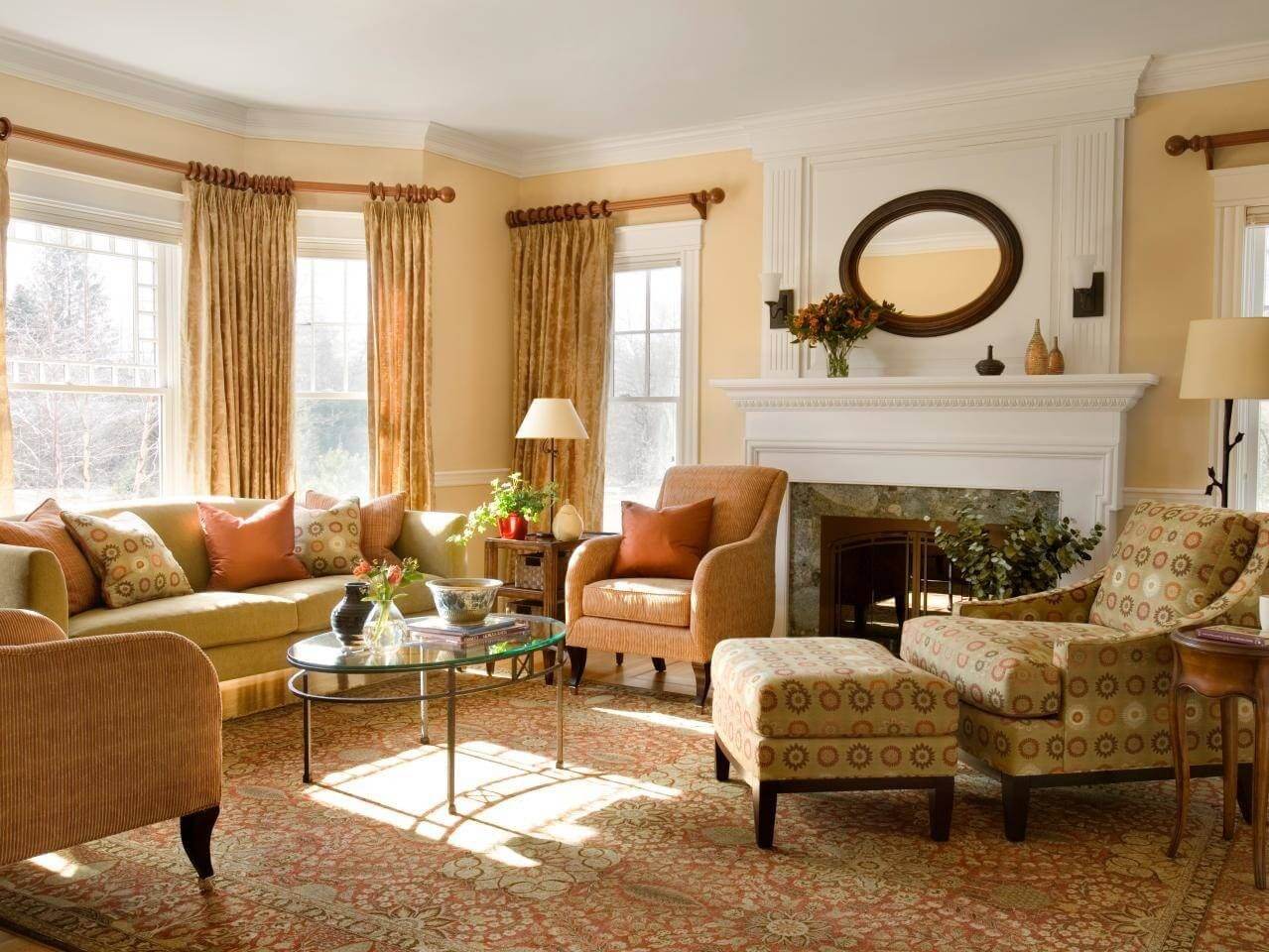
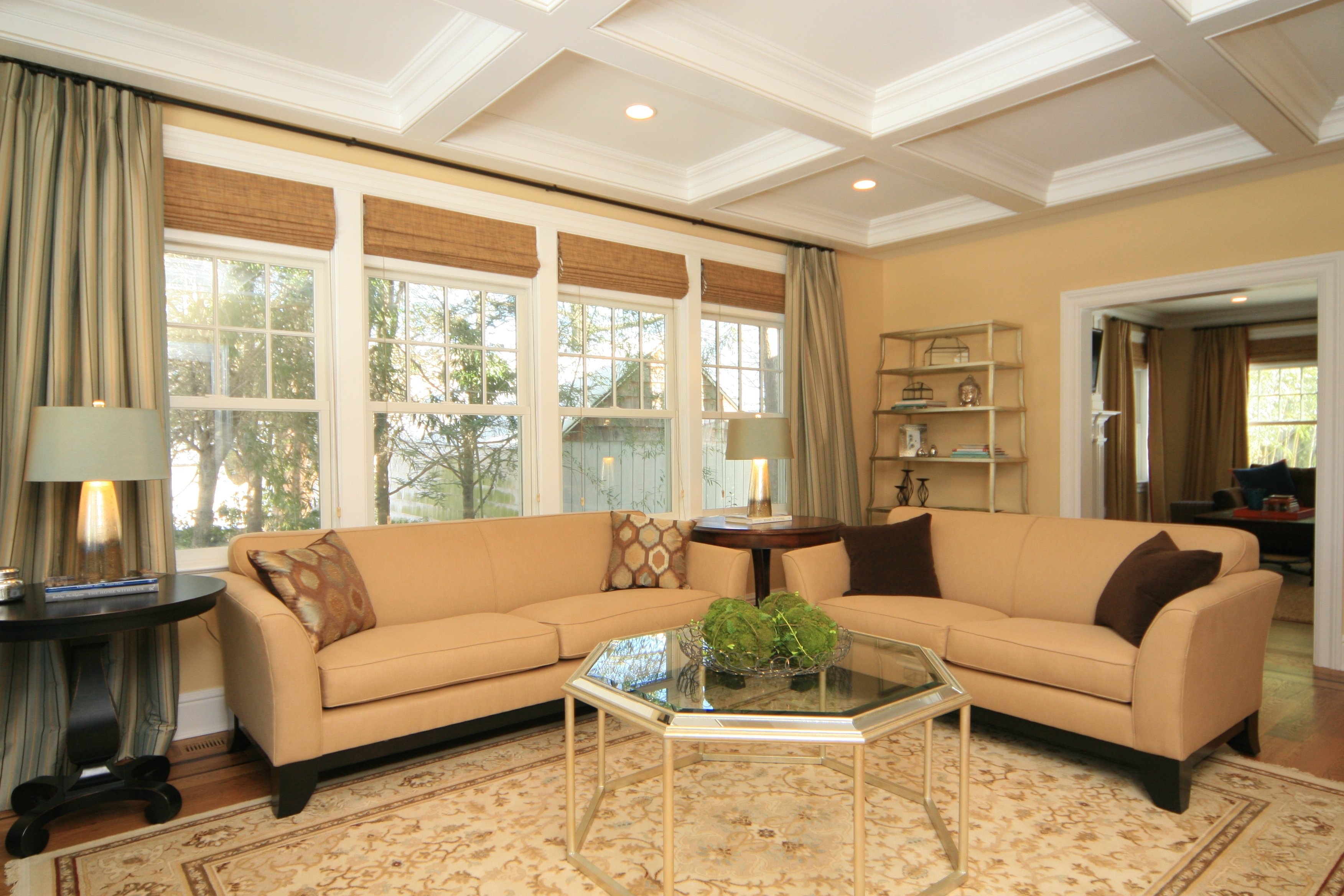

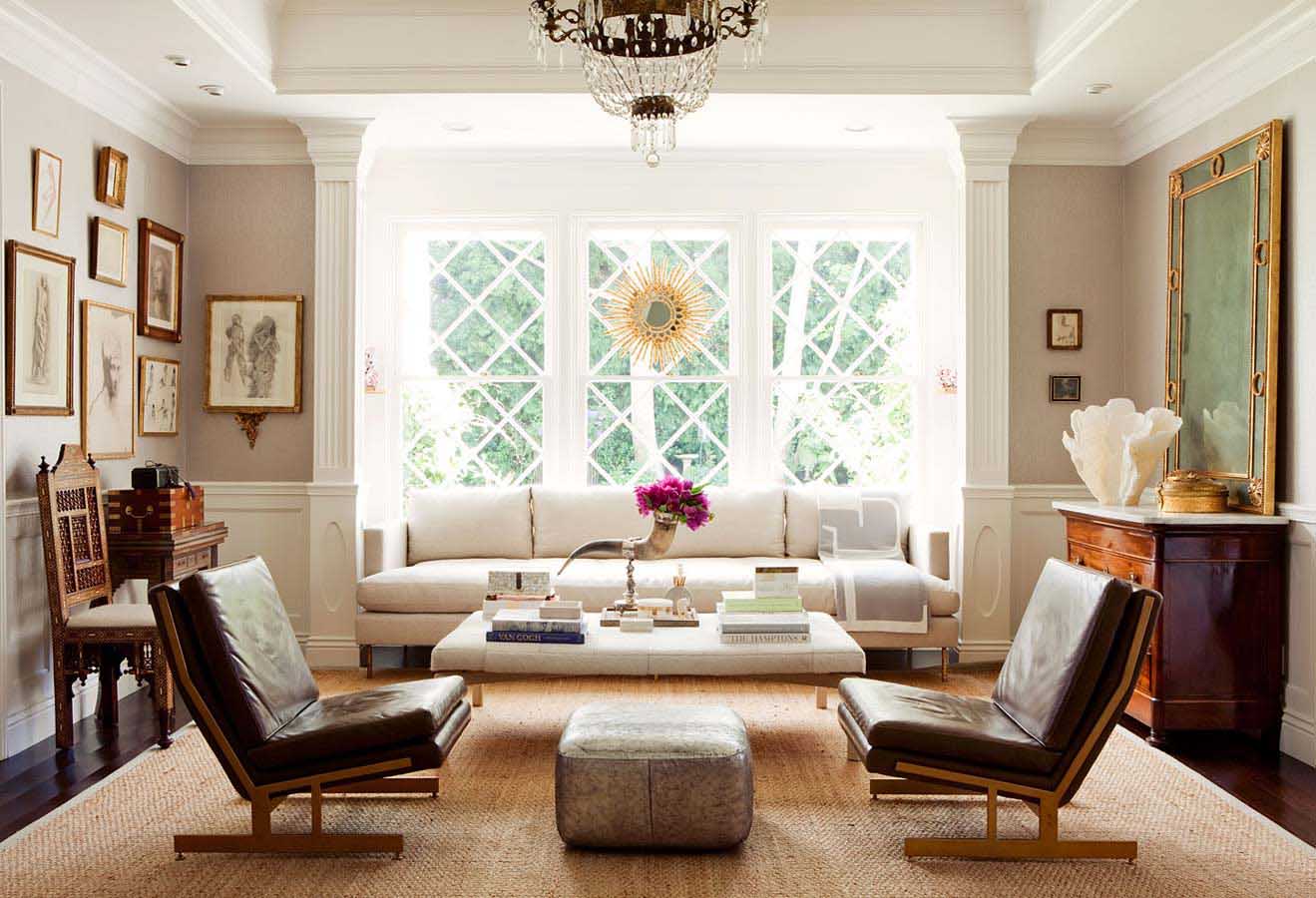
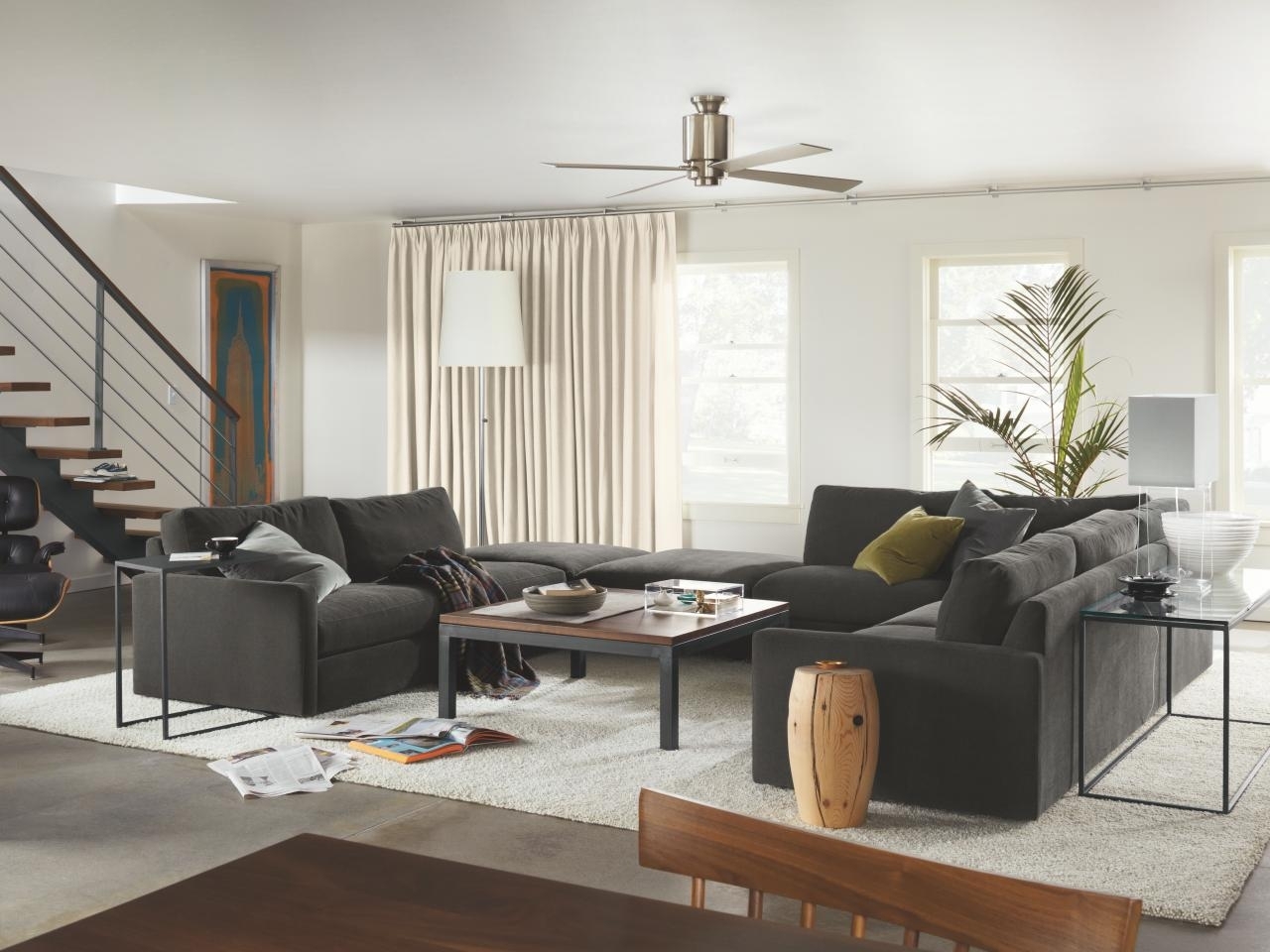
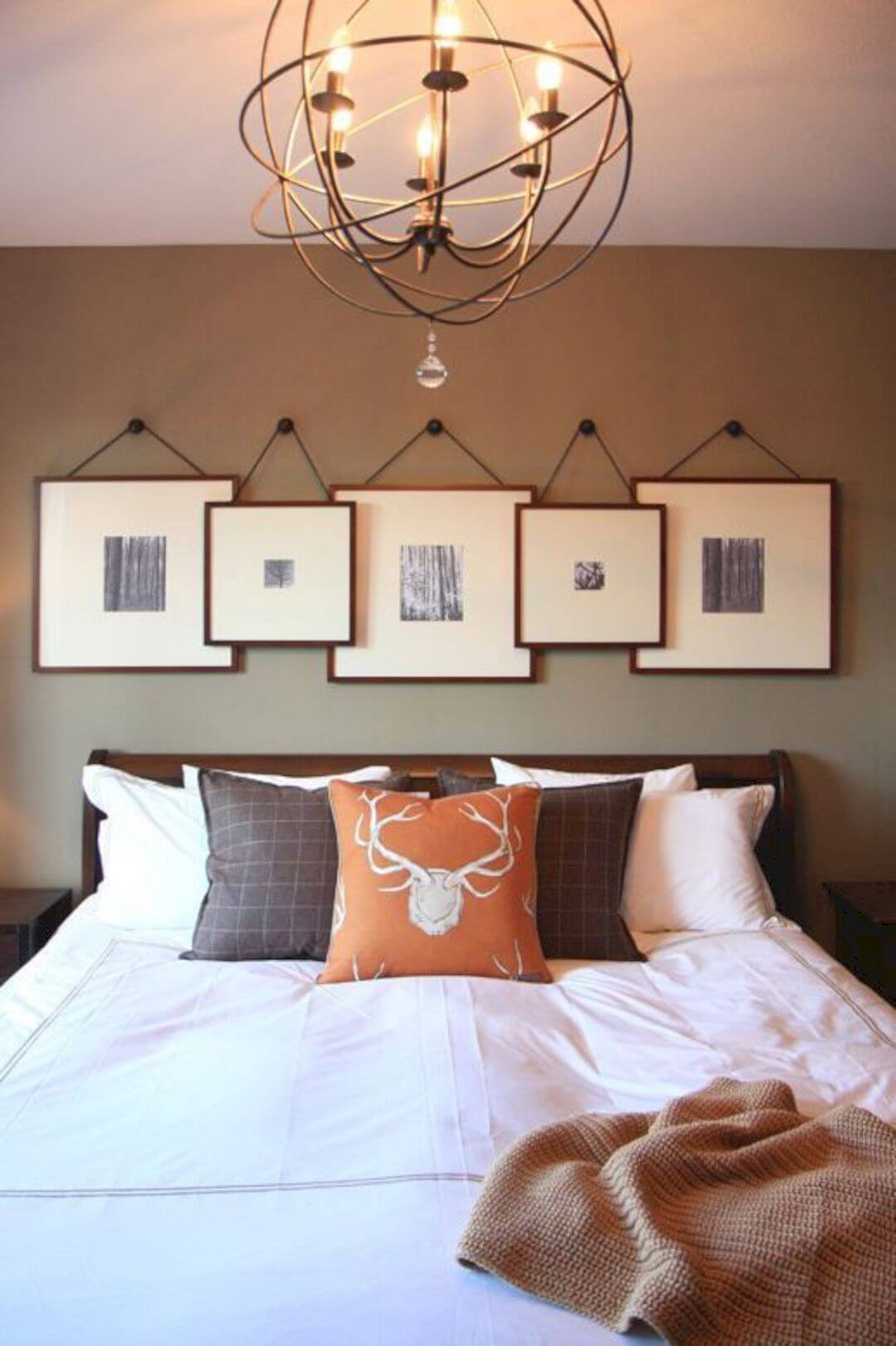
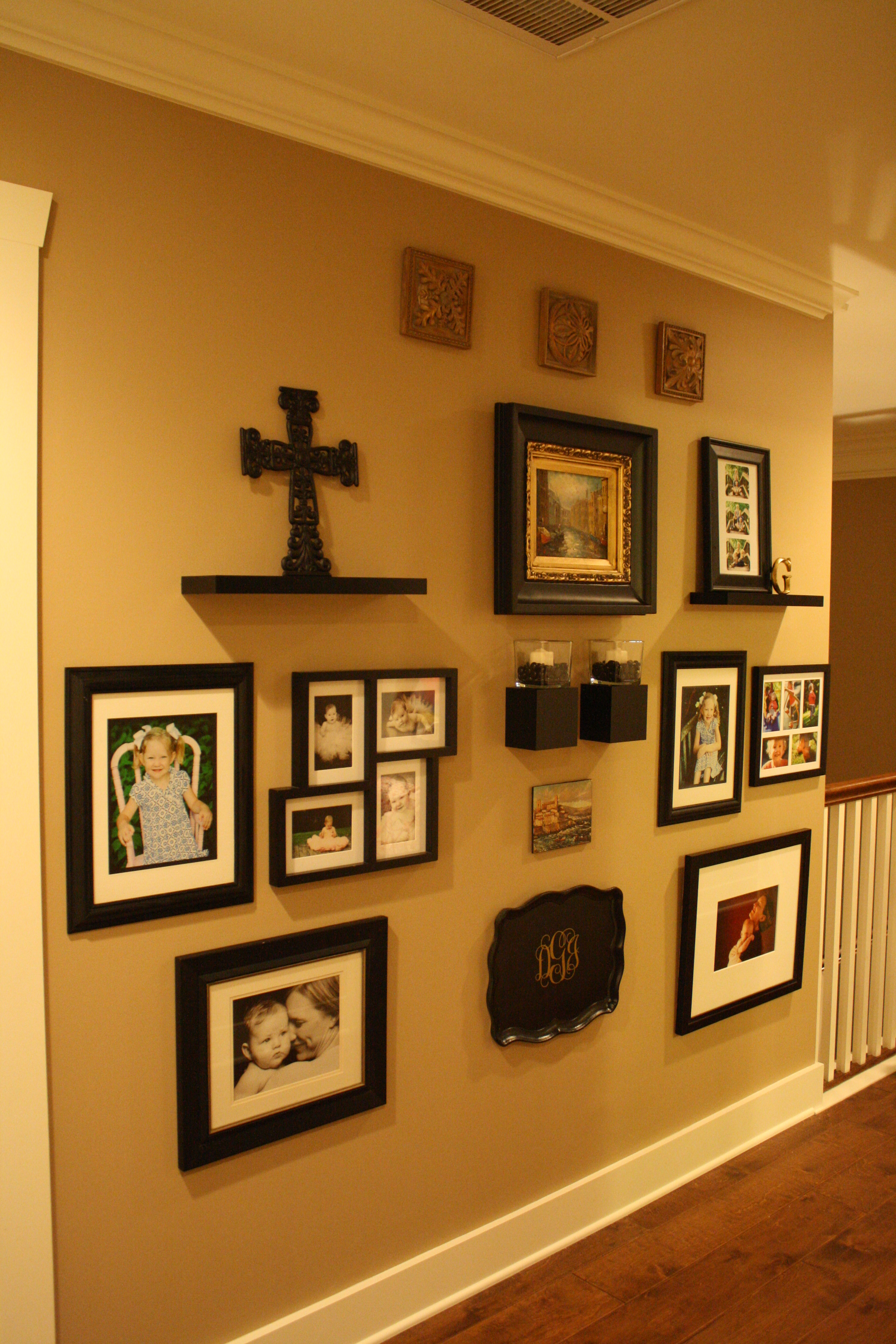
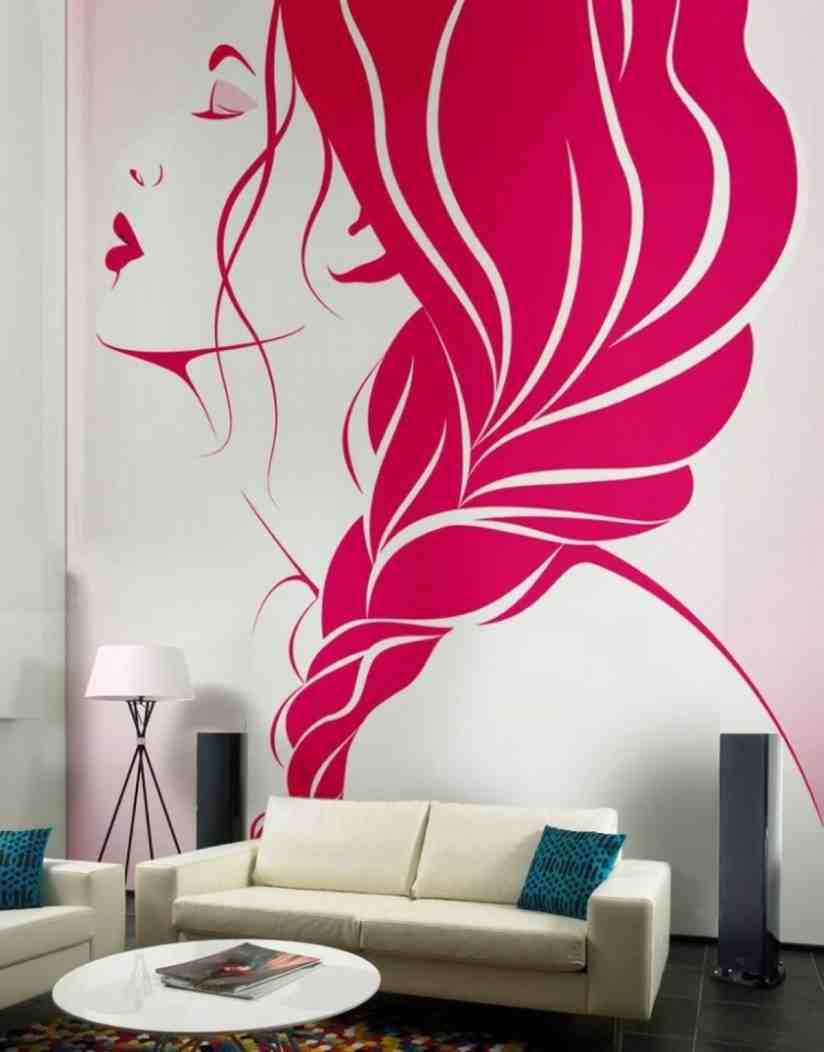

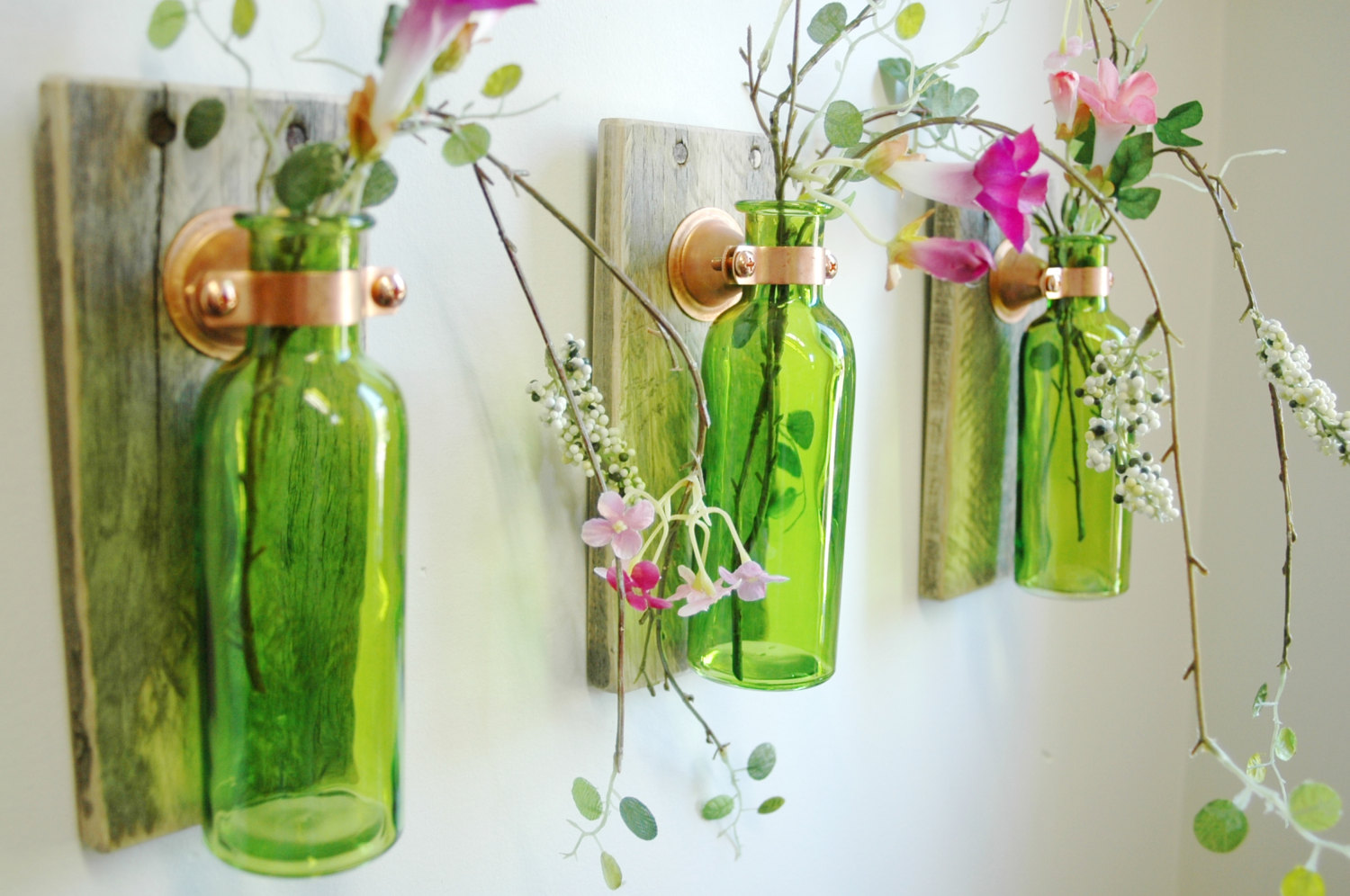
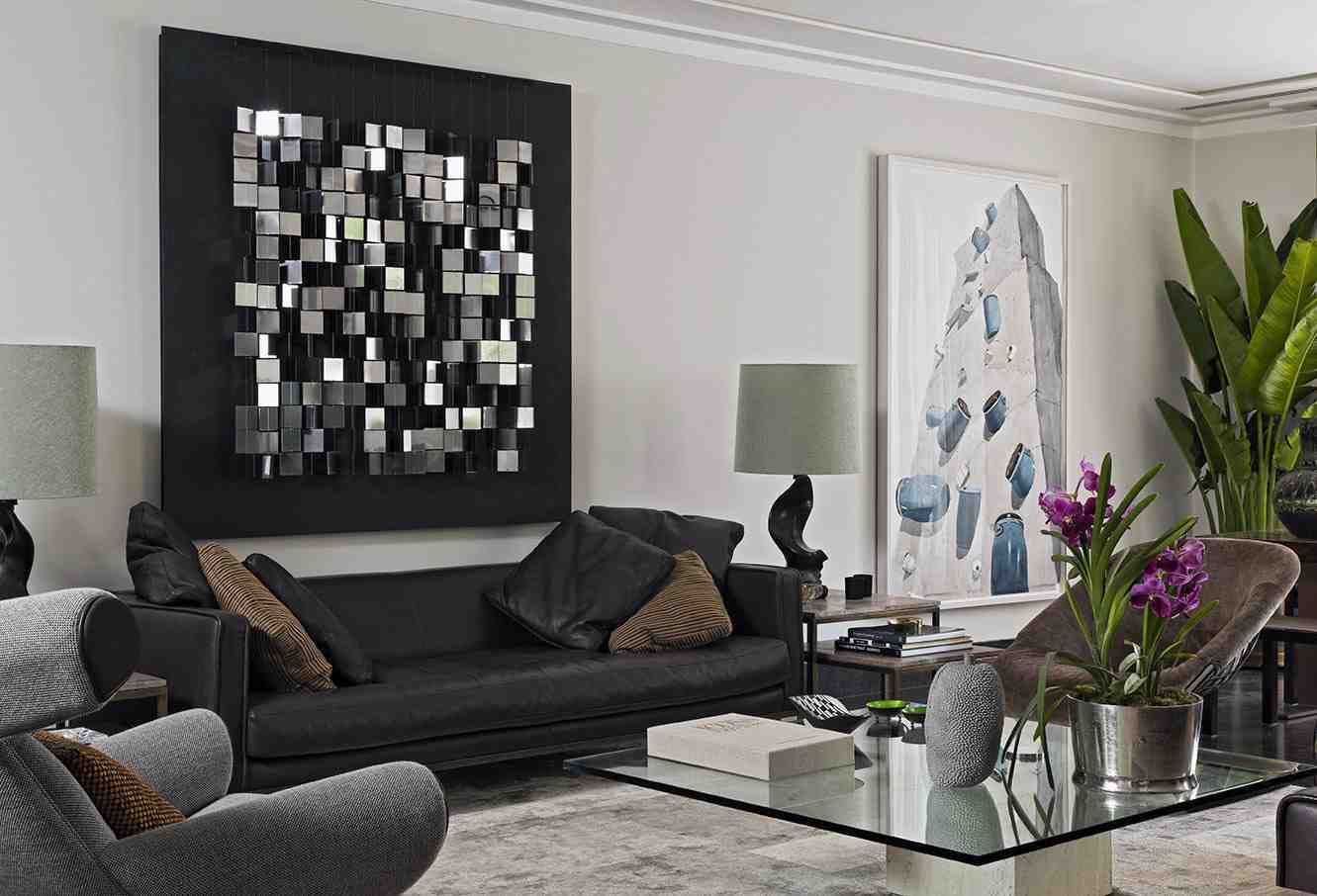

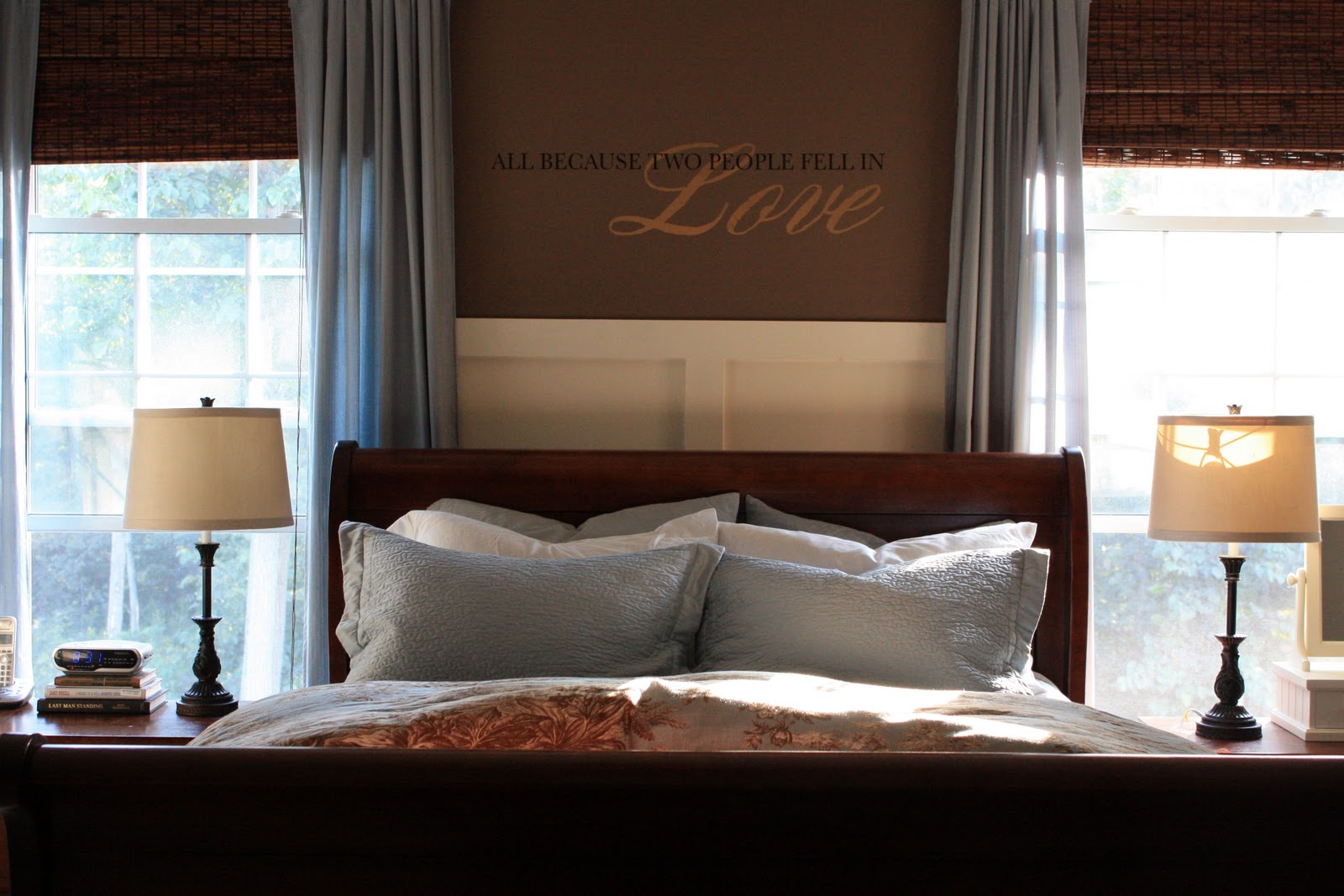

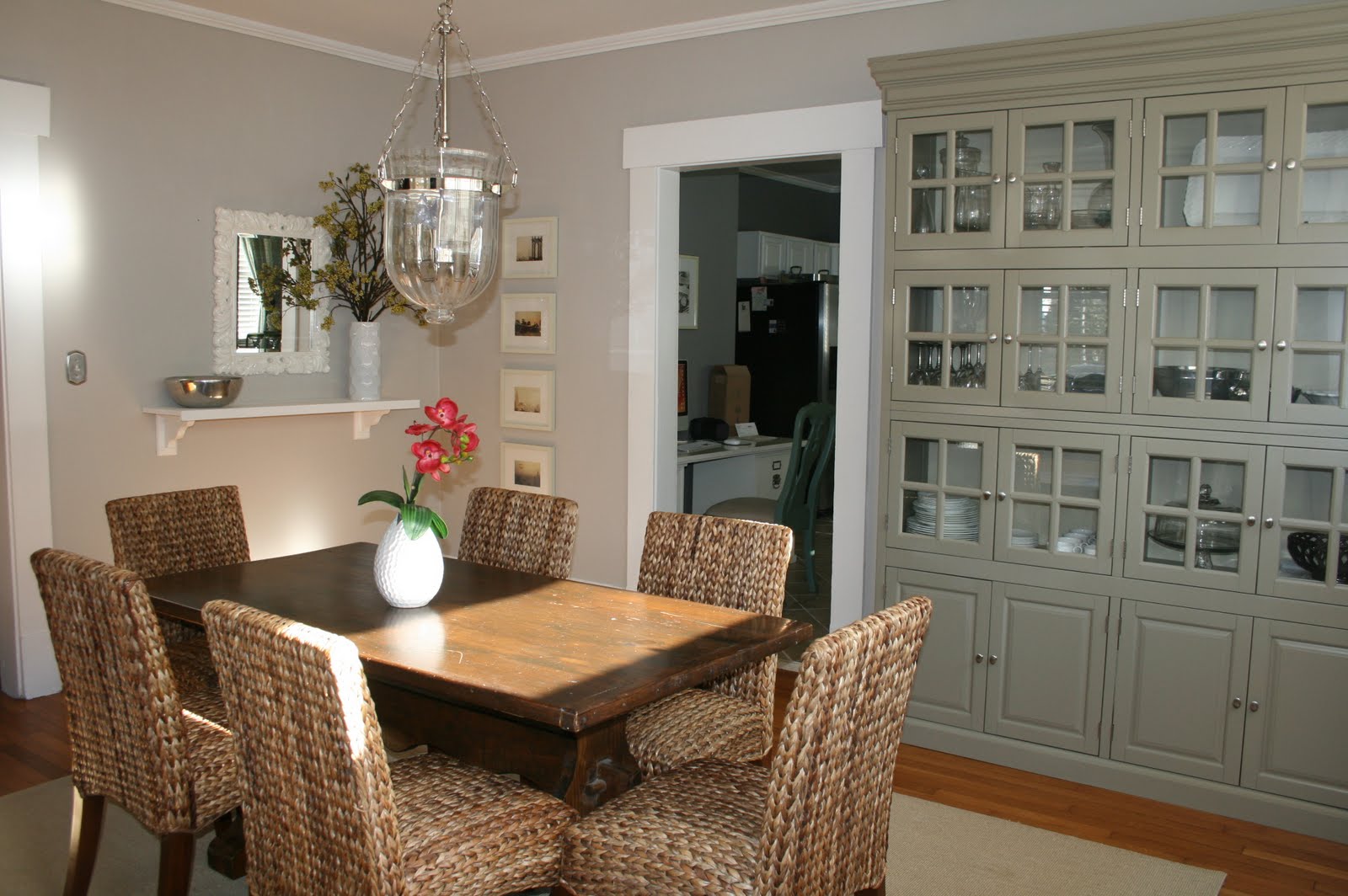

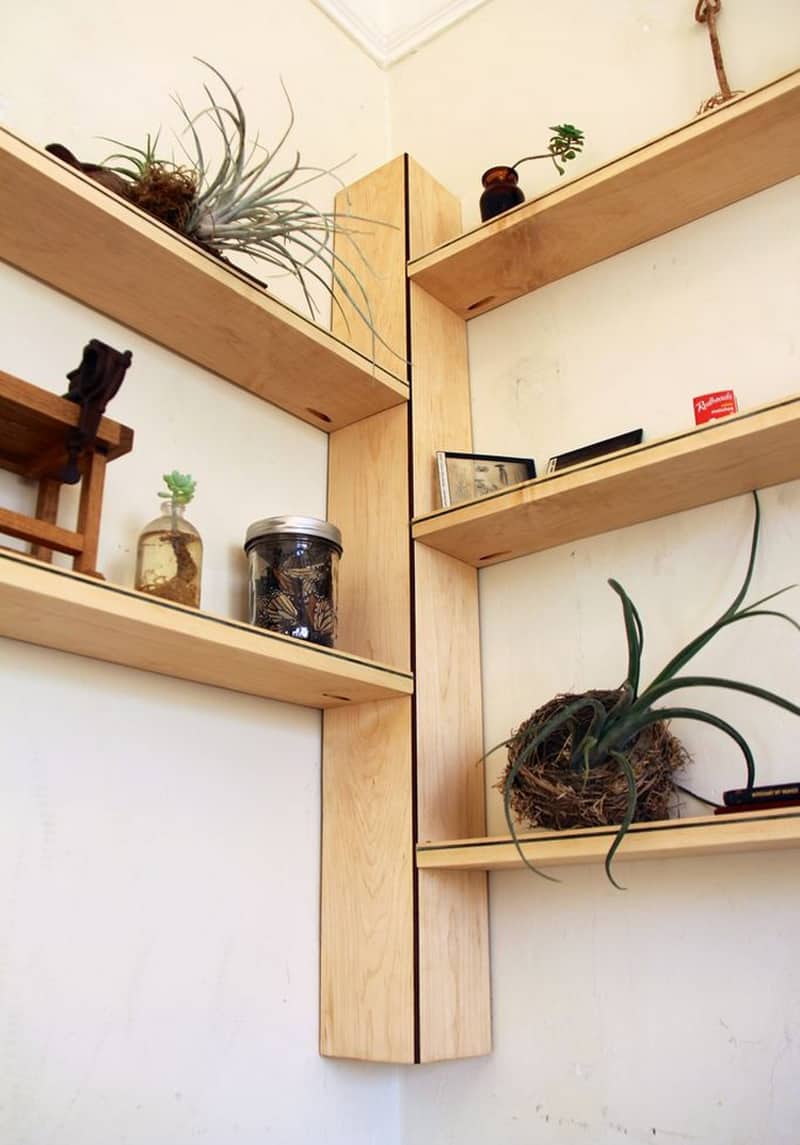




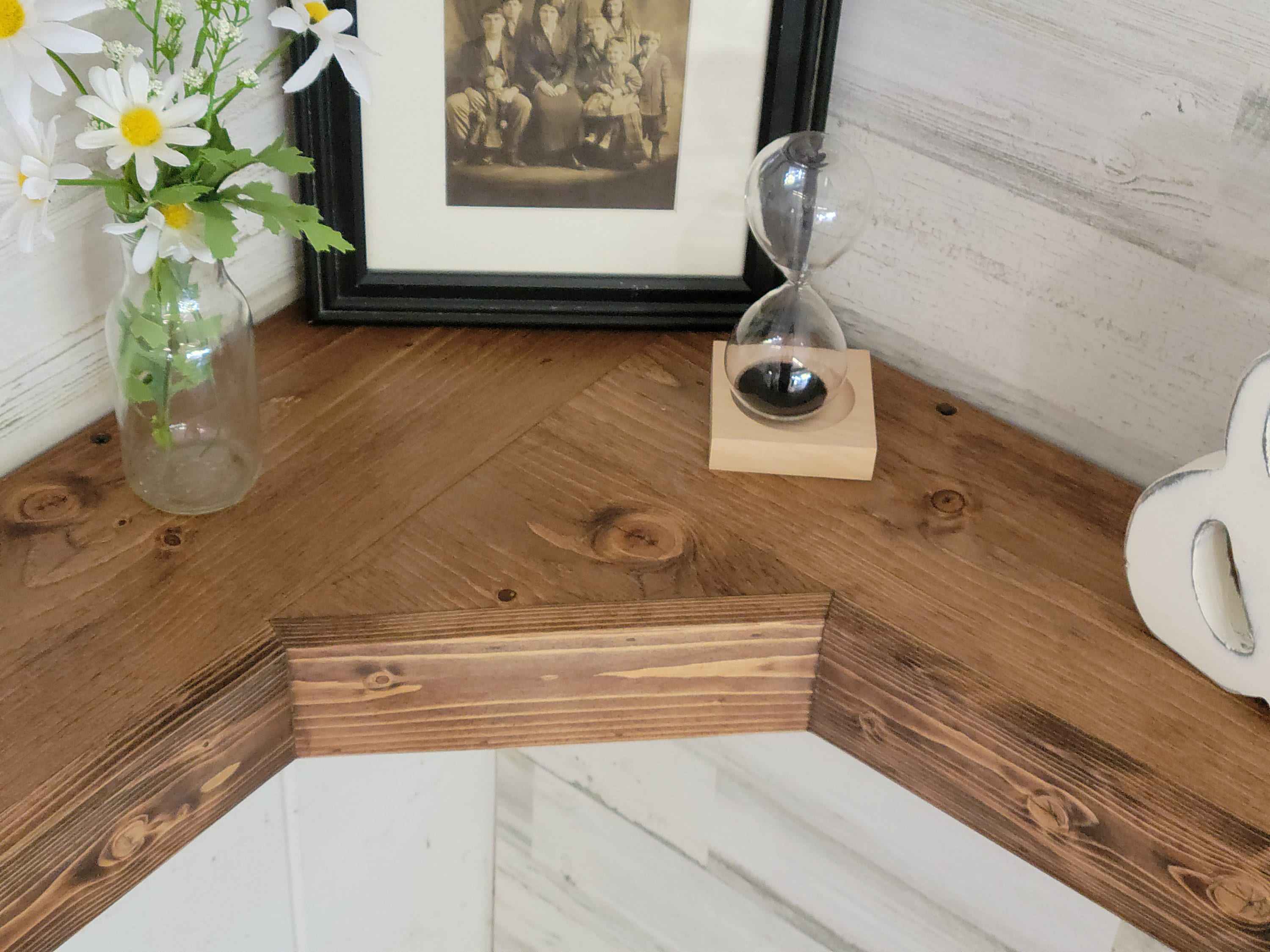
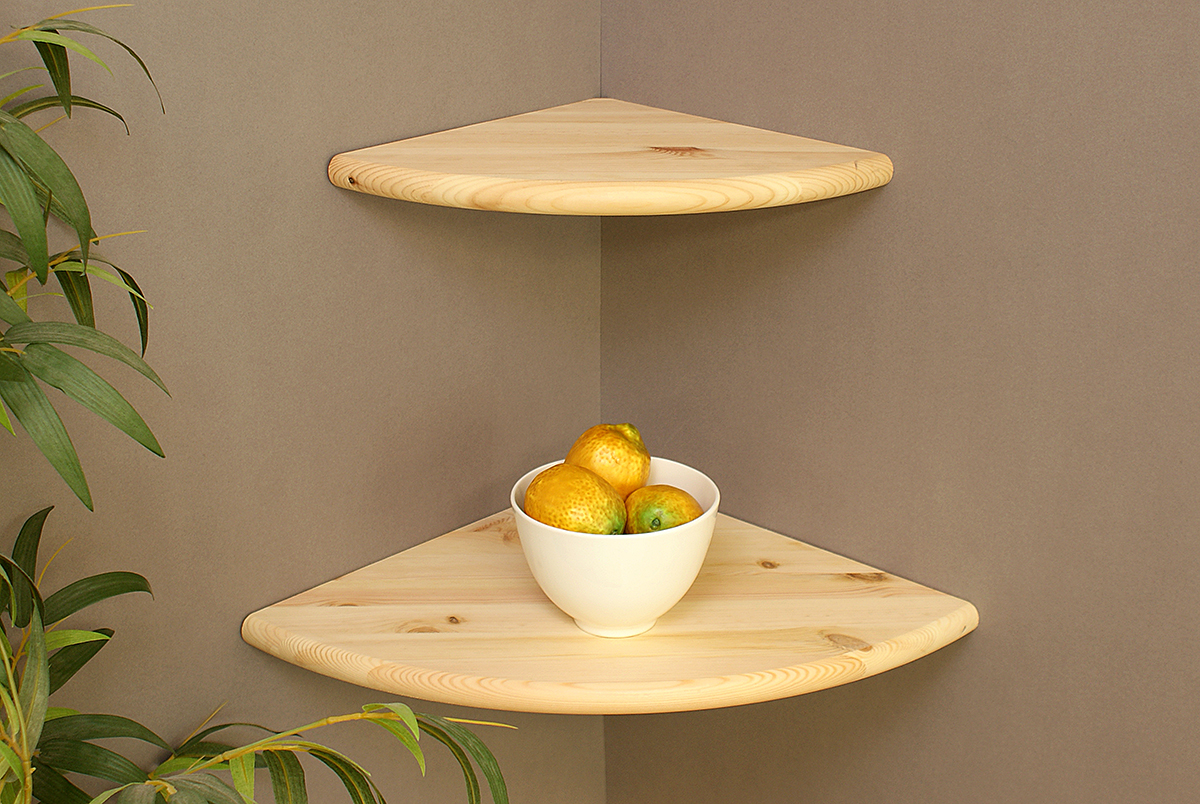
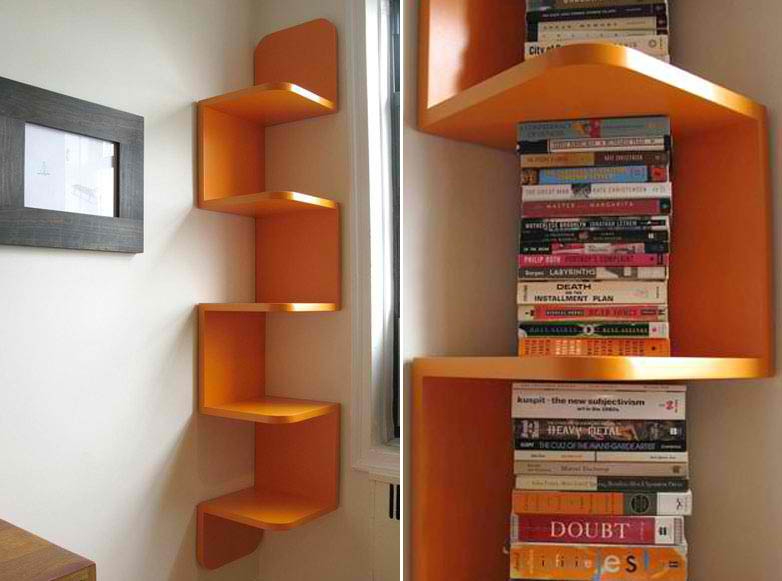

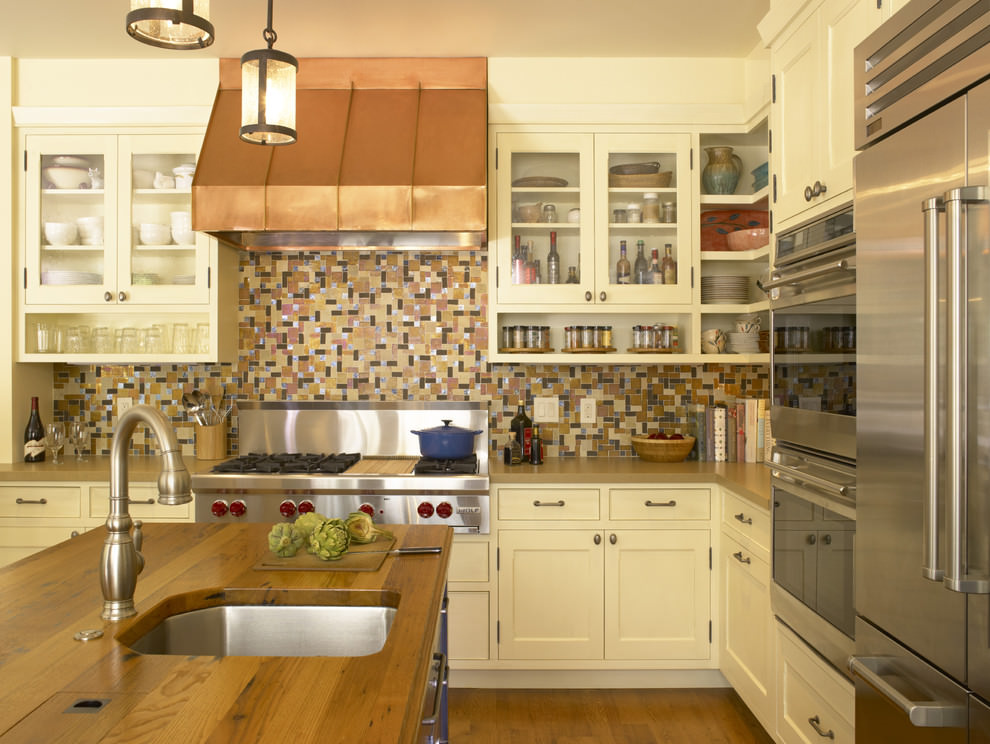


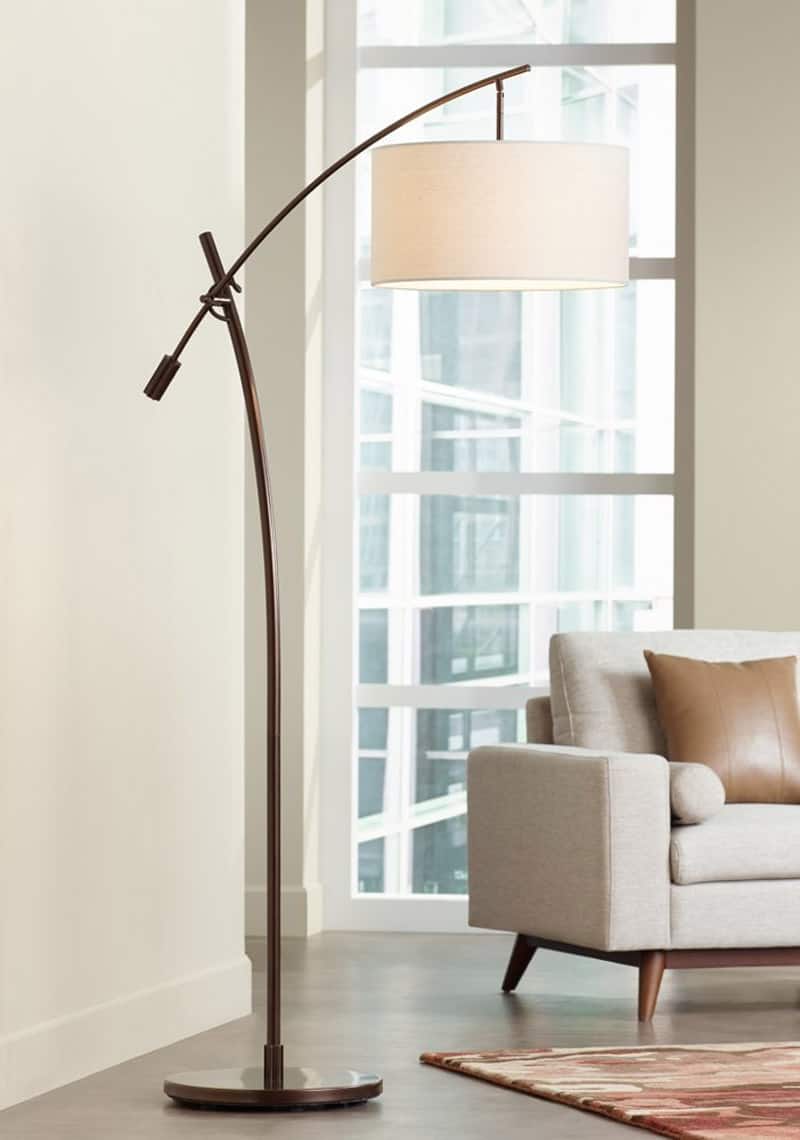

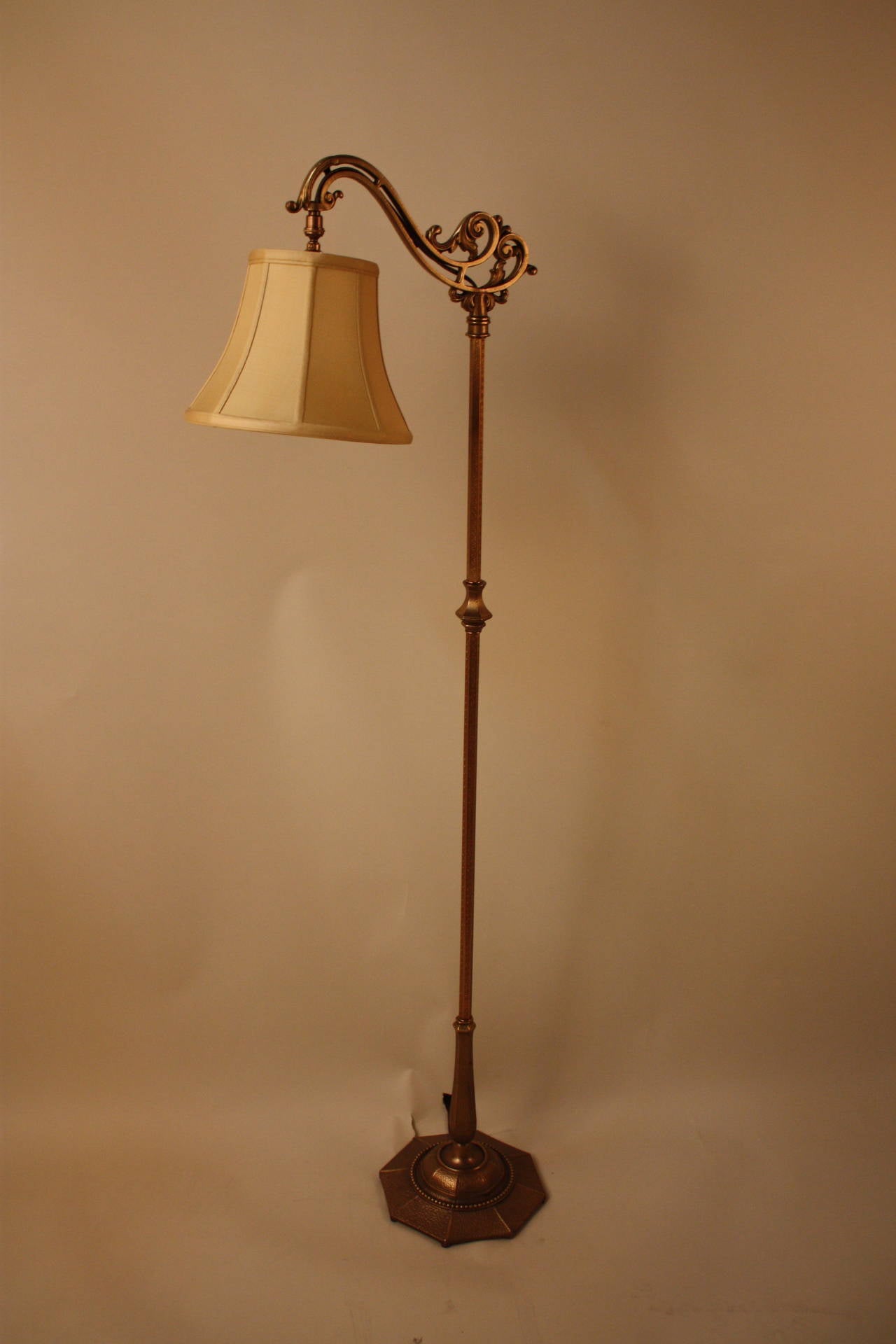
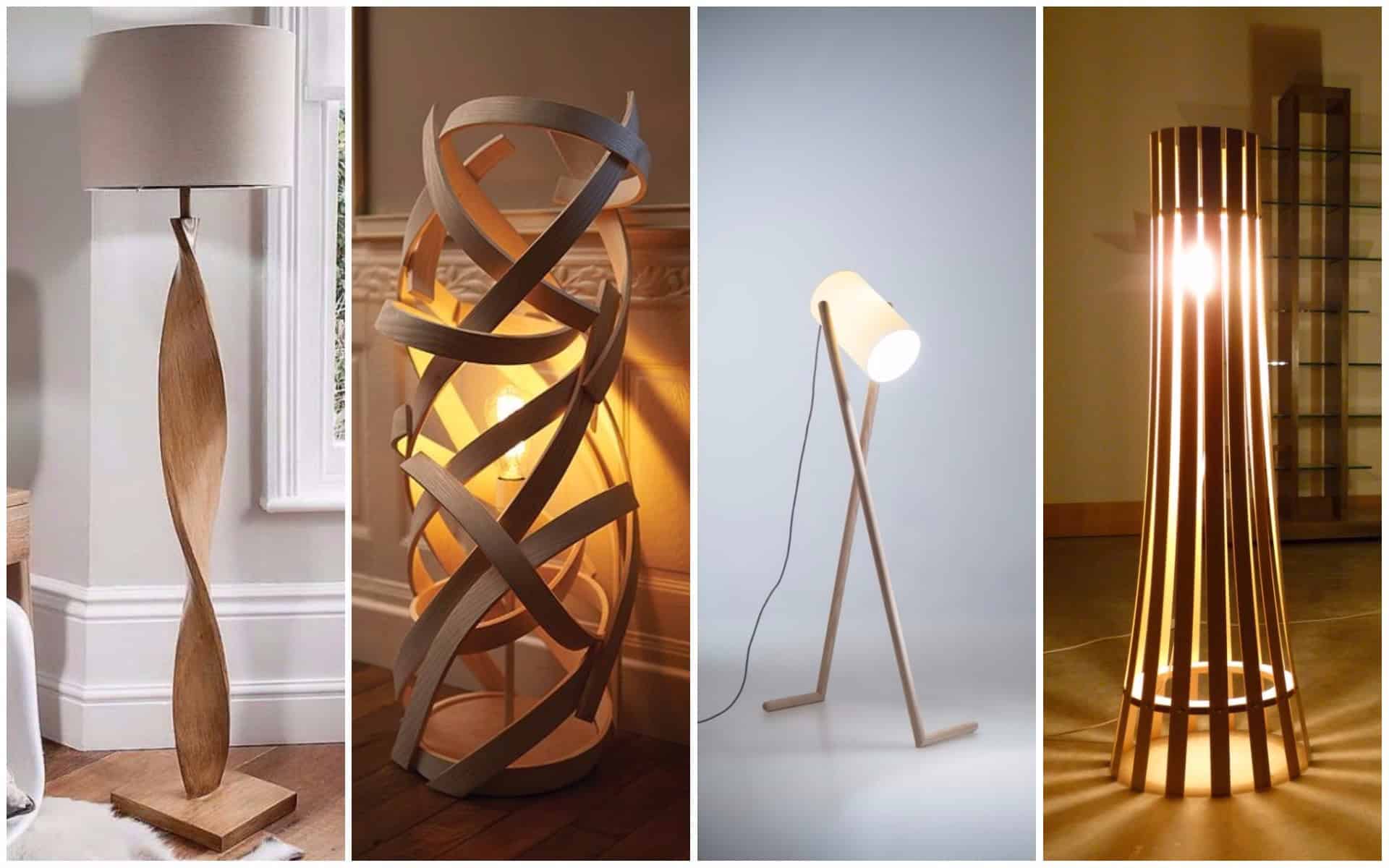


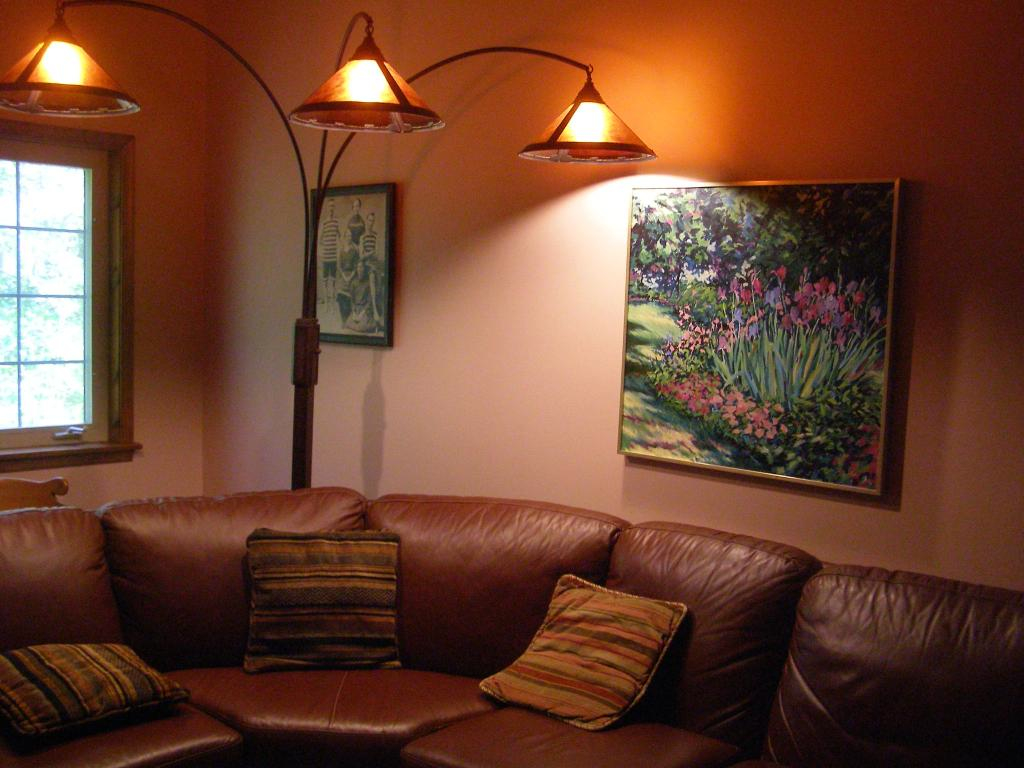







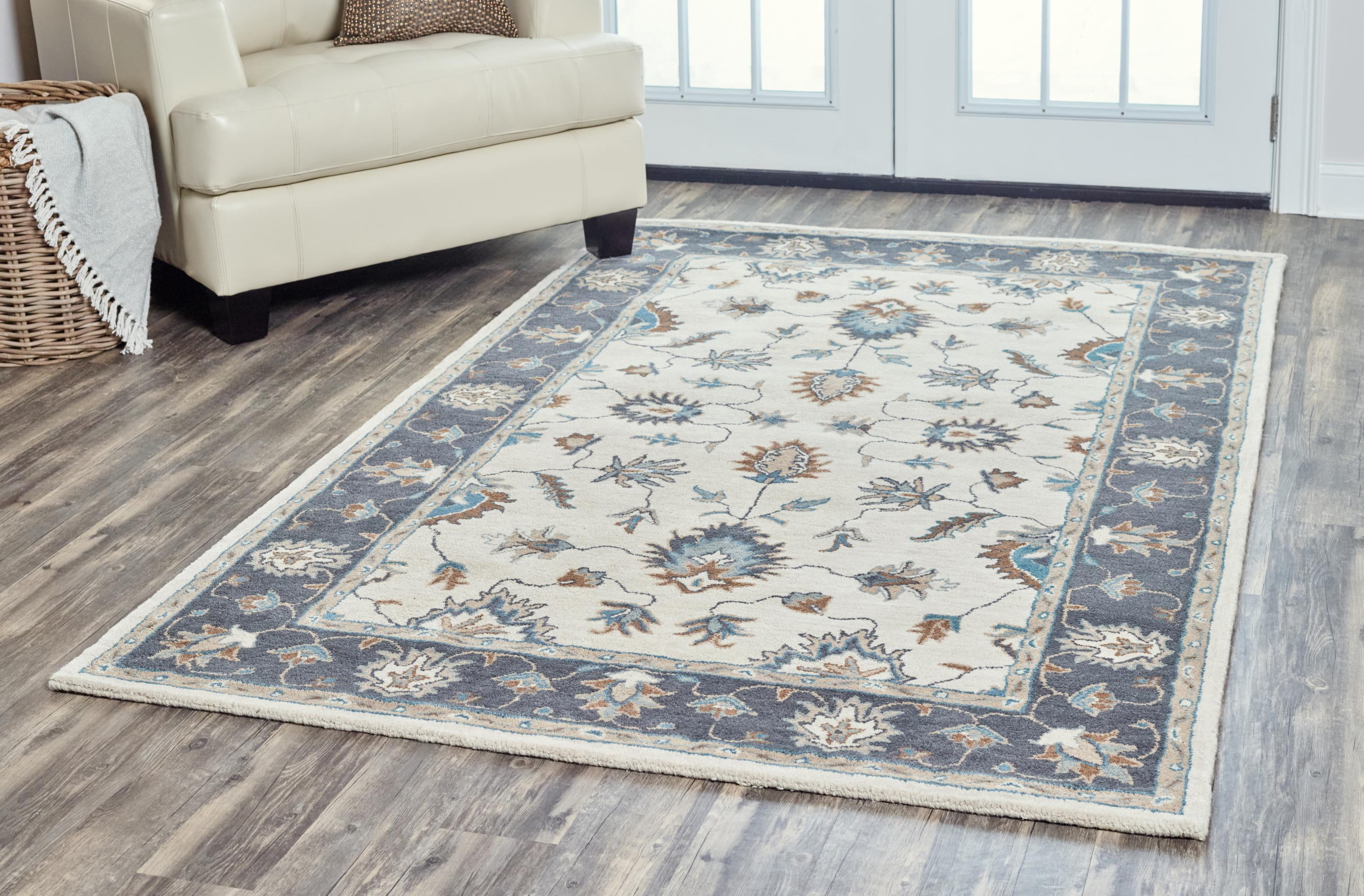
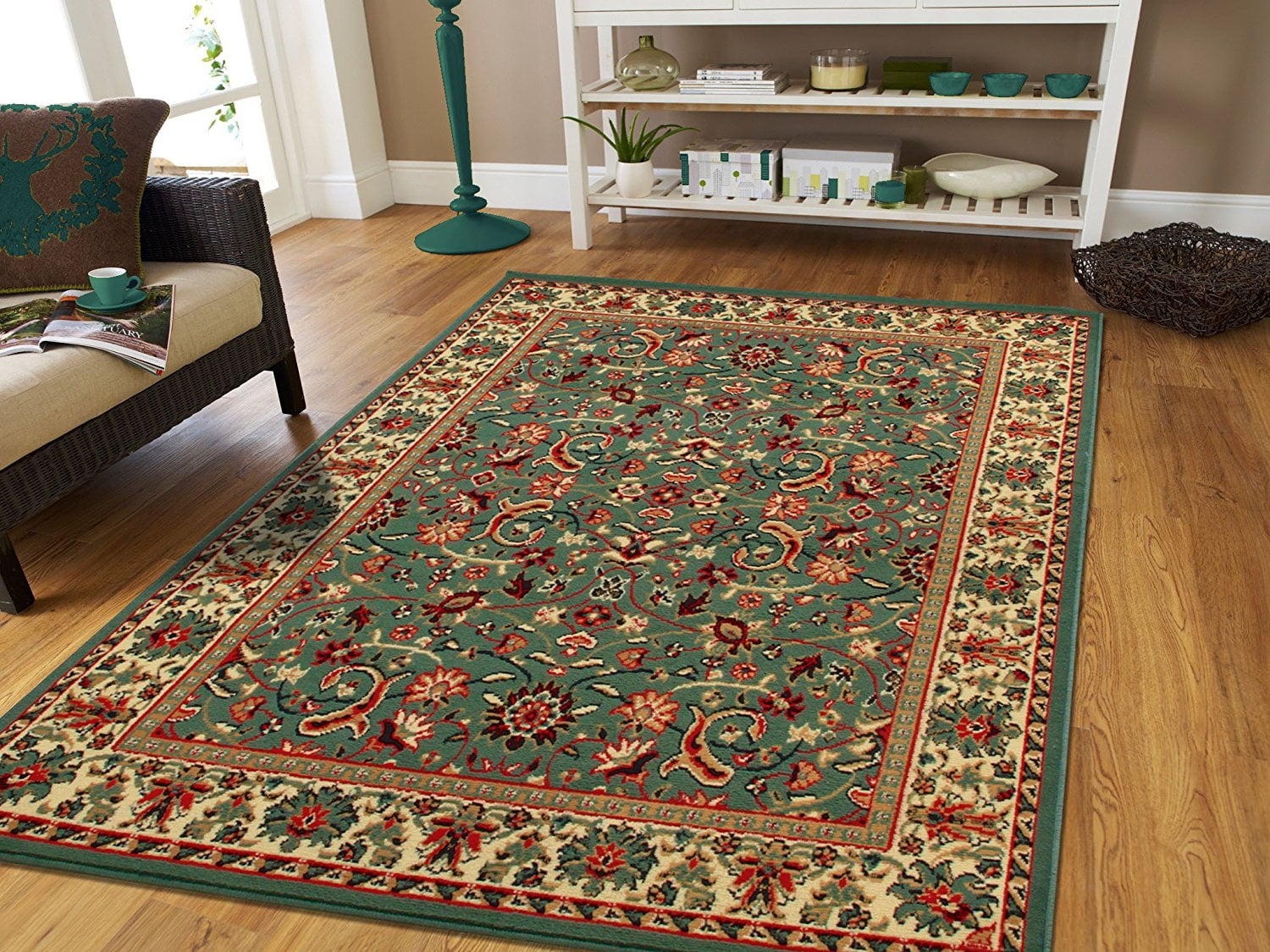

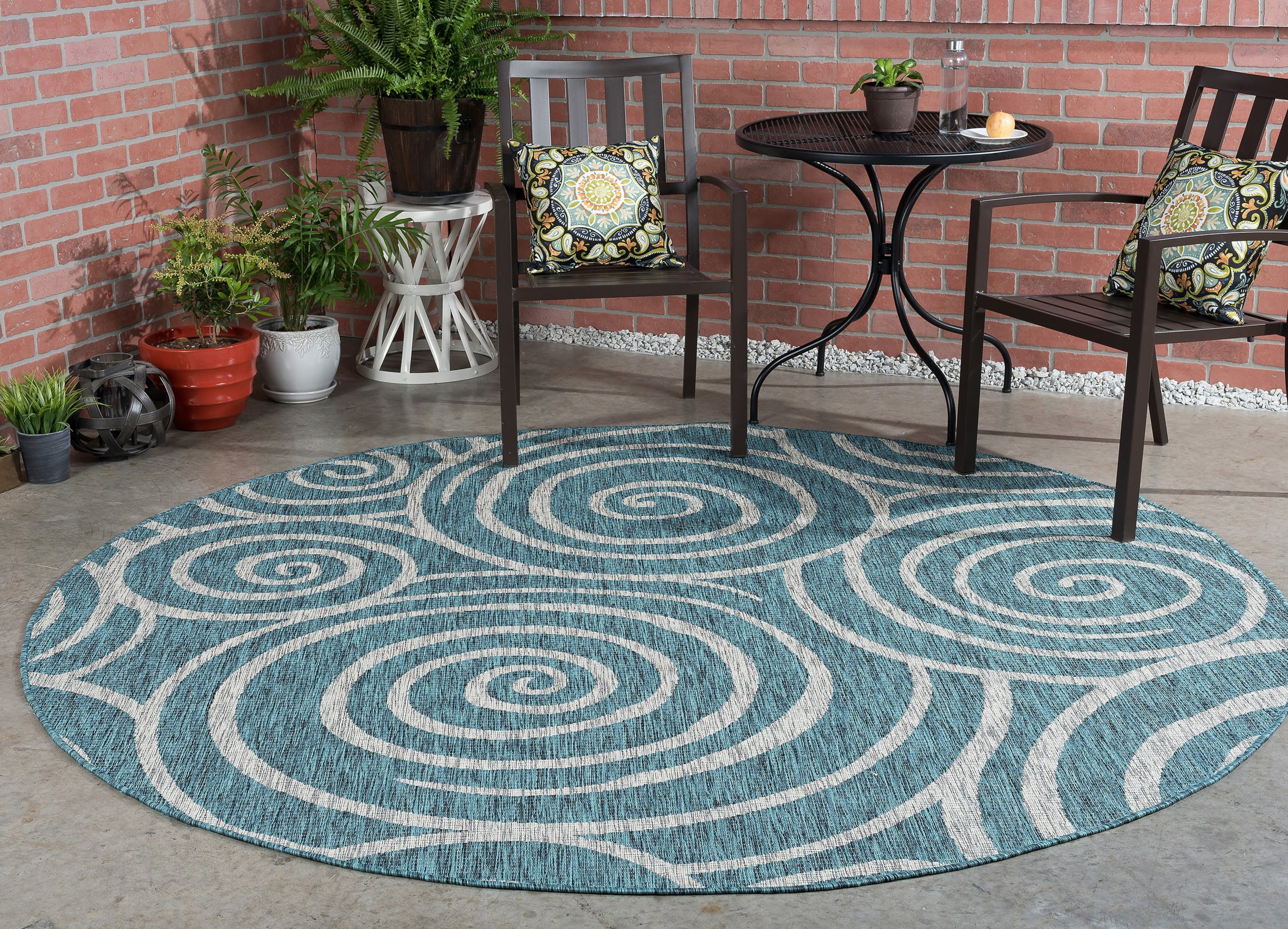
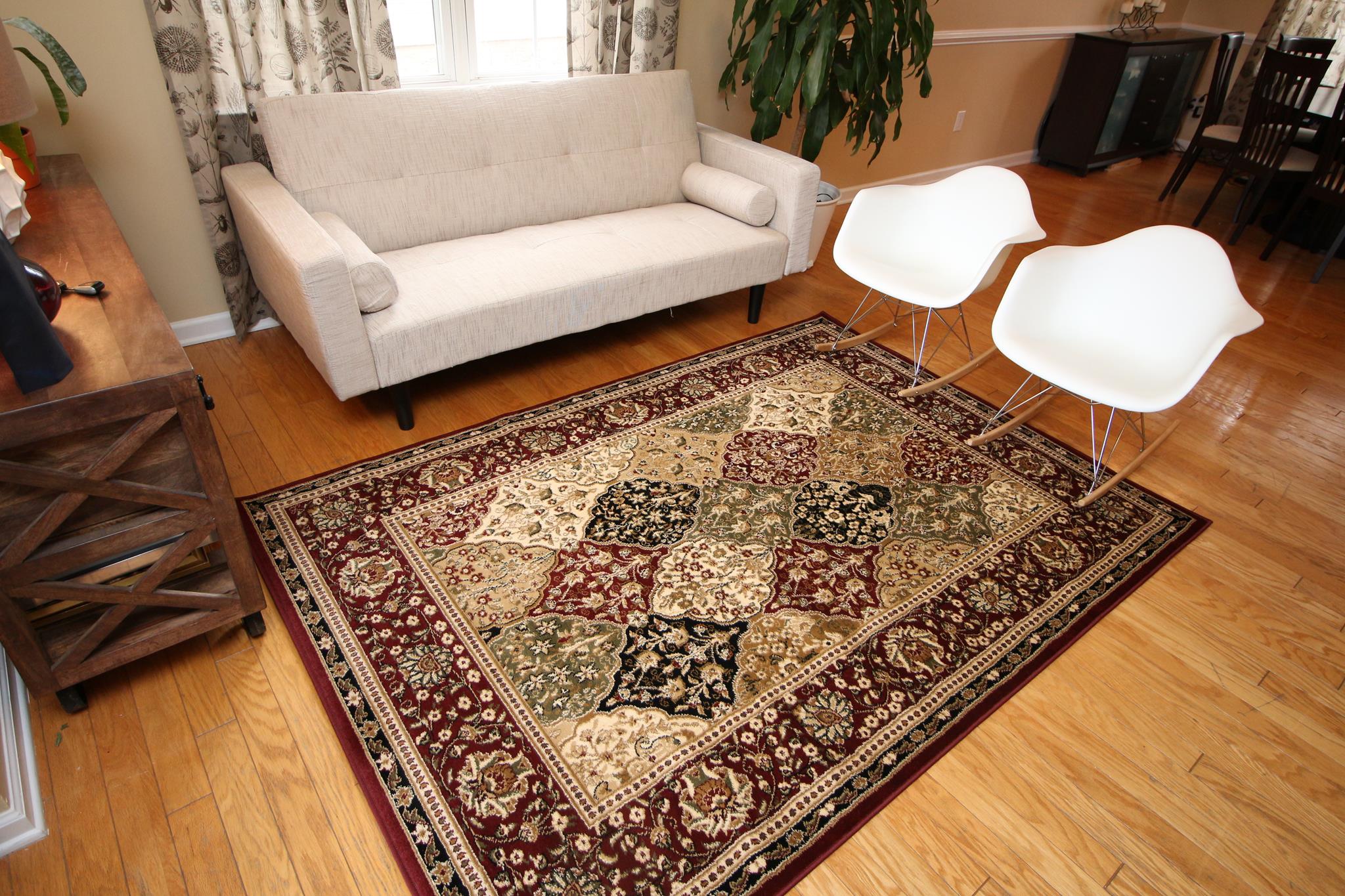
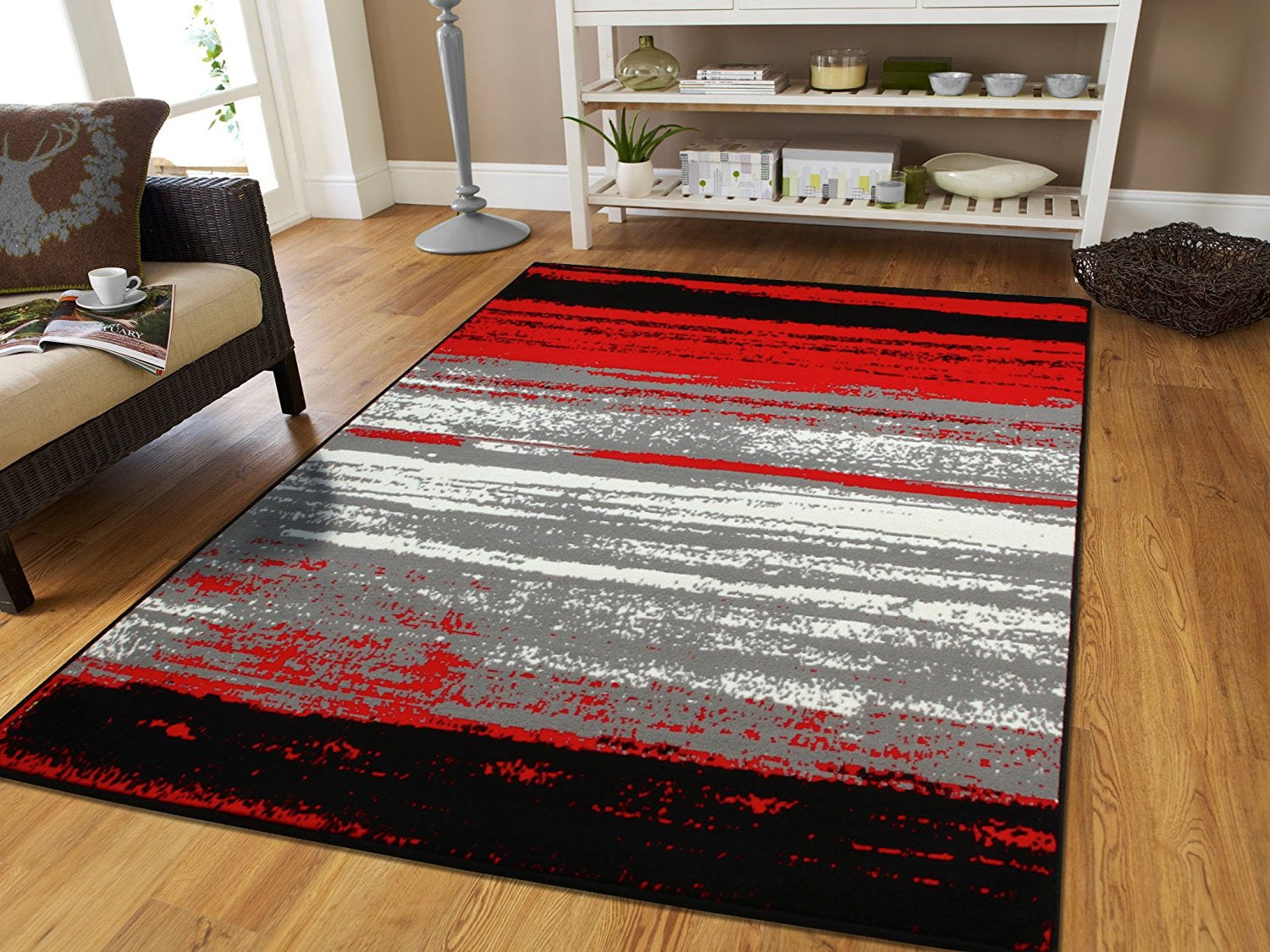
/using-area-rugs-over-carpet-2908732-02-f3b860e039fd495e9fb1a0d598543102.jpg)
